Caring for a crested gecko can be one of the most rewarding experiences. These nocturnal, tree-dwelling creatures are fascinating, friendly, and relatively low-maintenance compared to other pets. But while crested geckos are easy to care for, they still require attention to detail. Creating the perfect environment and feeding routine for your crested gecko will help ensure they live a long, healthy life.
Whether you’re a first-time gecko parent or already have some experience, understanding their specific needs will give you a stronger bond and a more fulfilling pet experience.
1. The Perfect Home for Your Crested Gecko
Creating the right habitat is the foundation of crested gecko care. They are arboreal creatures, which means they live in trees, so their environment should mimic this. Here's what to keep in mind:
-
Enclosure Size: A 12x12x18 or 18x18x24 tank work well for one gecko. For more space, consider a for extra height. If you need a wider enclosure with height, check out our Geckopia enclosure for the perfect balance of space.
-
Humidity & Temperature: Crested geckos thrive in a humid environment, with humidity levels ranging between 50%-70%. To achieve this, mist their tank daily and provide a water dish. As for temperature, keep it between 72°F and 80°F. Avoid placing the enclosure in direct sunlight to prevent overheating.
-
Substrate: Use a safe, absorbent substrate like coconut fiber or a moist reptile bedding that helps maintain humidity levels. Avoid using loose sand or gravel that could lead to impaction if ingested.
-
Hiding Spots: Crested geckos love to hide during the day. Provide them with plenty of hiding spots, such as hollow logs, cork bark, or plant pots, so they feel secure and safe.
-
Climbing Opportunities: They are natural climbers and need structures like branches or vines to help them climb. Incorporating vertical space with branches, vines, or even the Geckopia Flex Bridge will give them plenty of room to move and feel at home.
2. A Balanced Diet for a Healthy Gecko
A healthy diet is key to your crested gecko’s well-being. These geckos are omnivores, meaning they eat both insects and fruit in the wild. Here’s what you need to know:
-
Feeding Schedule: Feed your gecko every other day. Their main diet should consist of specially formulated crested gecko food (CGD), which provides all the essential nutrients. However, you should also offer them live insects like crickets, mealworms, or dubia roaches once a week. Dust the insects with calcium powder to support their bone health.
-
Fruits and Vegetables: You can also offer small amounts of fresh fruits like mango, papaya, or figs. Be sure to remove any uneaten food after a couple of hours to prevent it from rotting.
-
Hydration: Mist your gecko’s tank daily to keep the humidity up and provide them with fresh water in a shallow dish. Crested geckos don’t drink from standing water as much as other reptiles, but they will lick droplets off surfaces and leaves.
3. Monitor Health and Behavior
Keeping an eye on your crested gecko’s health is crucial to their long-term well-being. Some key signs to look out for:
-
Healthy Shedding: Like all reptiles, crested geckos shed their skin regularly. Ensure that your gecko has enough humidity to shed properly. If the skin is not coming off, it can lead to problems like stuck shed, which can cause infections.
-
Activity Level: Crested geckos are nocturnal, so they are most active at night. A sluggish or inactive gecko during their active hours could be a sign of stress, improper temperature, or health problems.
-
Weight Monitoring: They should have a healthy weight and not look too thin or too fat. A gecko that is too skinny may not be eating enough, while one that is too heavy could be overfed or have health issues.
4. Avoid Common Mistakes in Crested Gecko Care
While caring for crested geckos can be relatively straightforward, there are a few mistakes that new gecko parents tend to make:
-
Inadequate Humidity or Temperature: These two factors are critical for your gecko’s health. Too low humidity can cause shedding issues and dehydration, while too high can lead to respiratory infections. Similarly, too hot or too cold temperatures can lead to stress and health problems.
-
Not Enough Climbing Opportunities: Crested geckos are arboreal, so without enough vertical space, they can become stressed, which affects their health. Make sure they have plenty of structures to climb on.
-
Incorrect Diet: While crested geckos can be fed commercially prepared food, some new gecko parents mistakenly rely solely on it. Ensure your gecko gets a varied diet to keep them healthy and happy. Adding live insects and fresh fruit is important for their mental and physical stimulation.
5. The Essential Tools for a Healthy Habitat
To keep things simple, yet effective, here are some must-have items for your crested gecko’s habitat:
-
Geckopia Flex Bridge – This essential item gives your gecko the opportunity to climb and explore the vertical space of their enclosure, encouraging exercise and reducing stress.
-
Geckopia Triple Dish – Although not recommended for crested geckos, but perfect for leopard geckos and other terrestrial geckos! Feeding can get messy with food scattered across the tank, but with the Triple Dish, you can neatly organize their meals—mealworms, crickets, and fruits—keeping everything fresh and clean.
-
Geckopia Reptile Liner – This simple yet effective product helps keep your tank clean and hygienic by absorbing waste and liquids, making tank maintenance easier and safer for your gecko.
Caring for a crested gecko doesn’t have to be complicated. By focusing on their habitat, diet, health, and avoiding common mistakes, you’ll create an environment where your gecko thrives. With the right care and attention, your gecko will grow to be a happy and healthy companion.
And remember, gecko parenting doesn’t have to be a hassle! Tools like the Geckopia Triple Dish and Geckopia Flex Bridge can make feeding and habitat management easier, allowing you to focus on what really matters—spending quality time with your gecko and watching them flourish.
Happy gecko parenting!







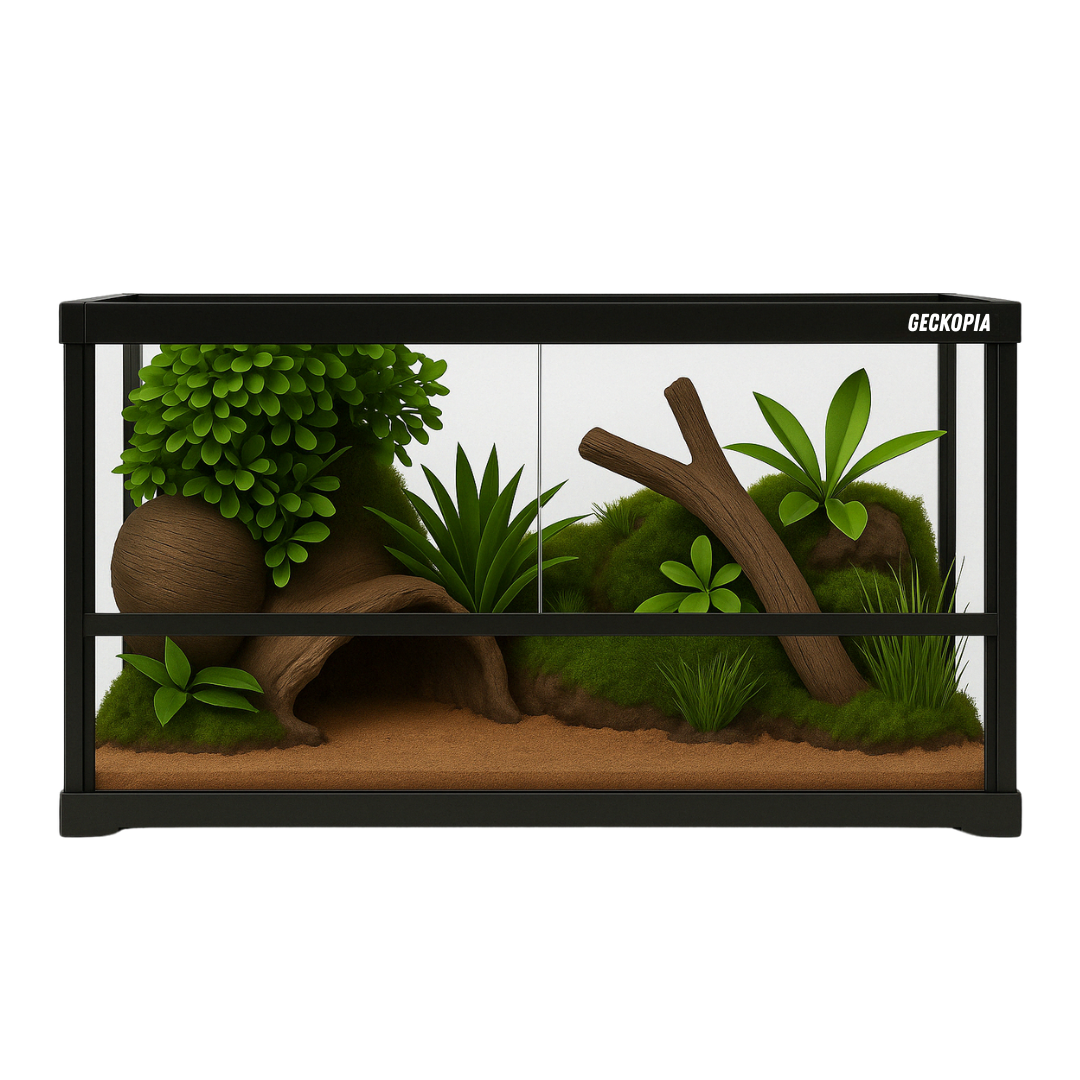
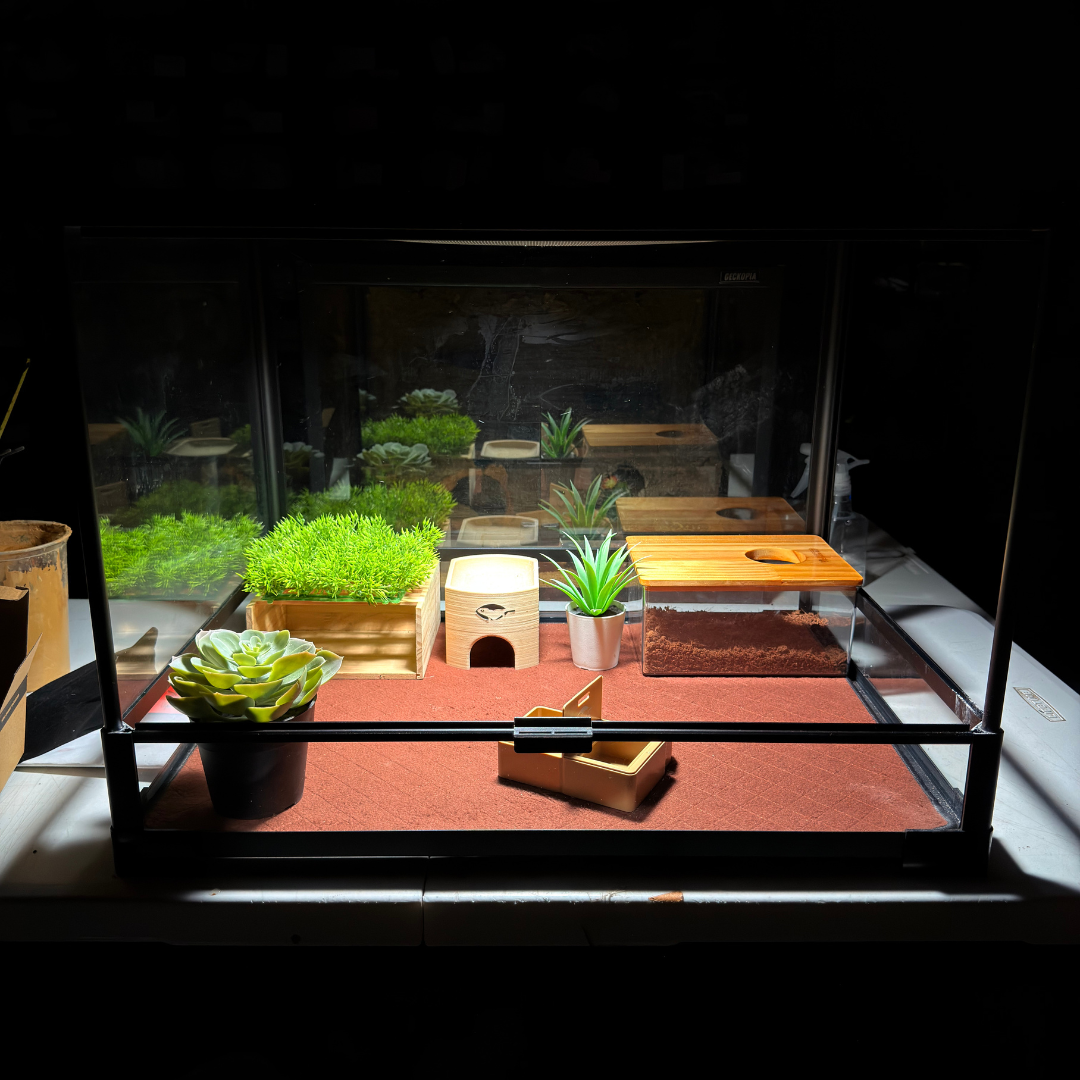
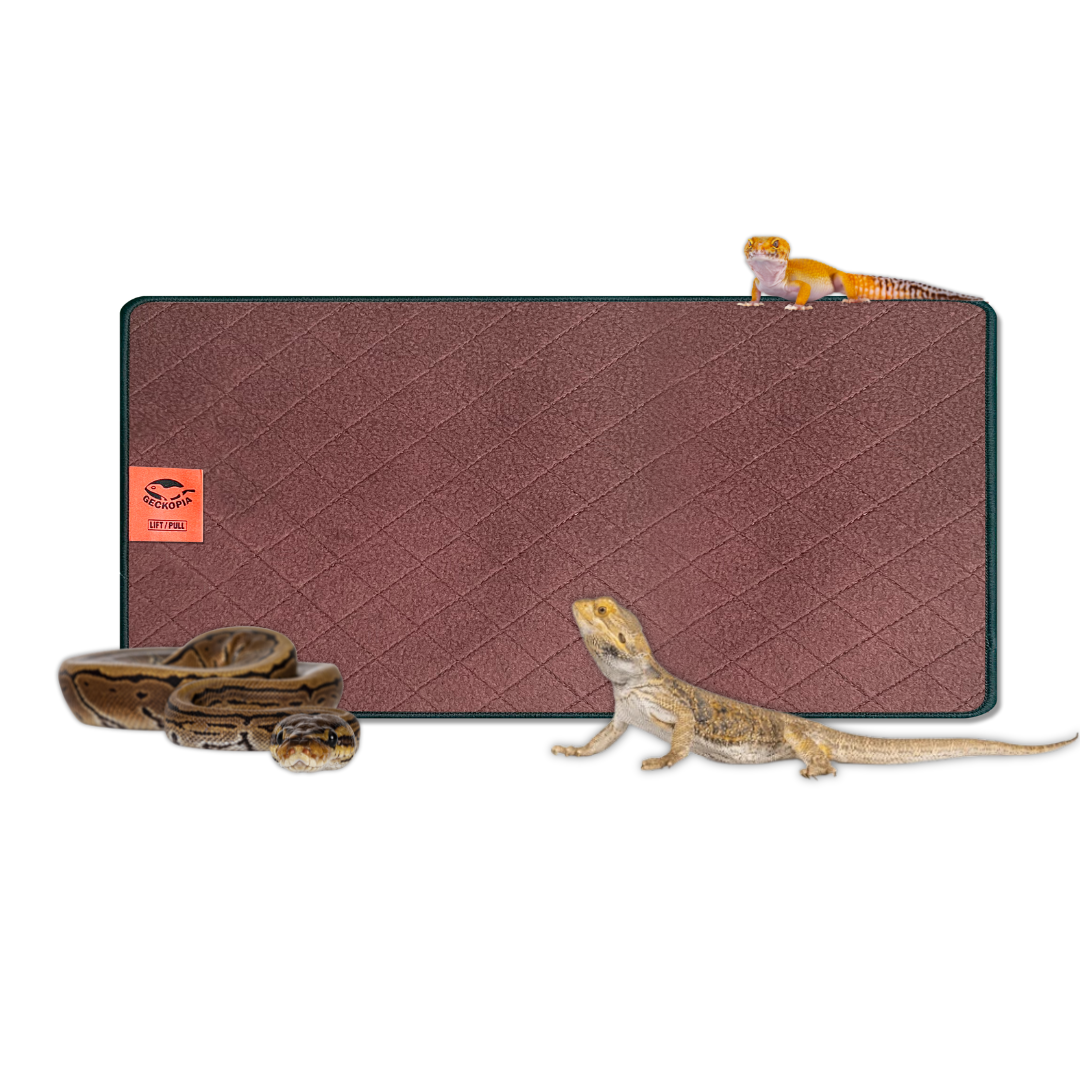
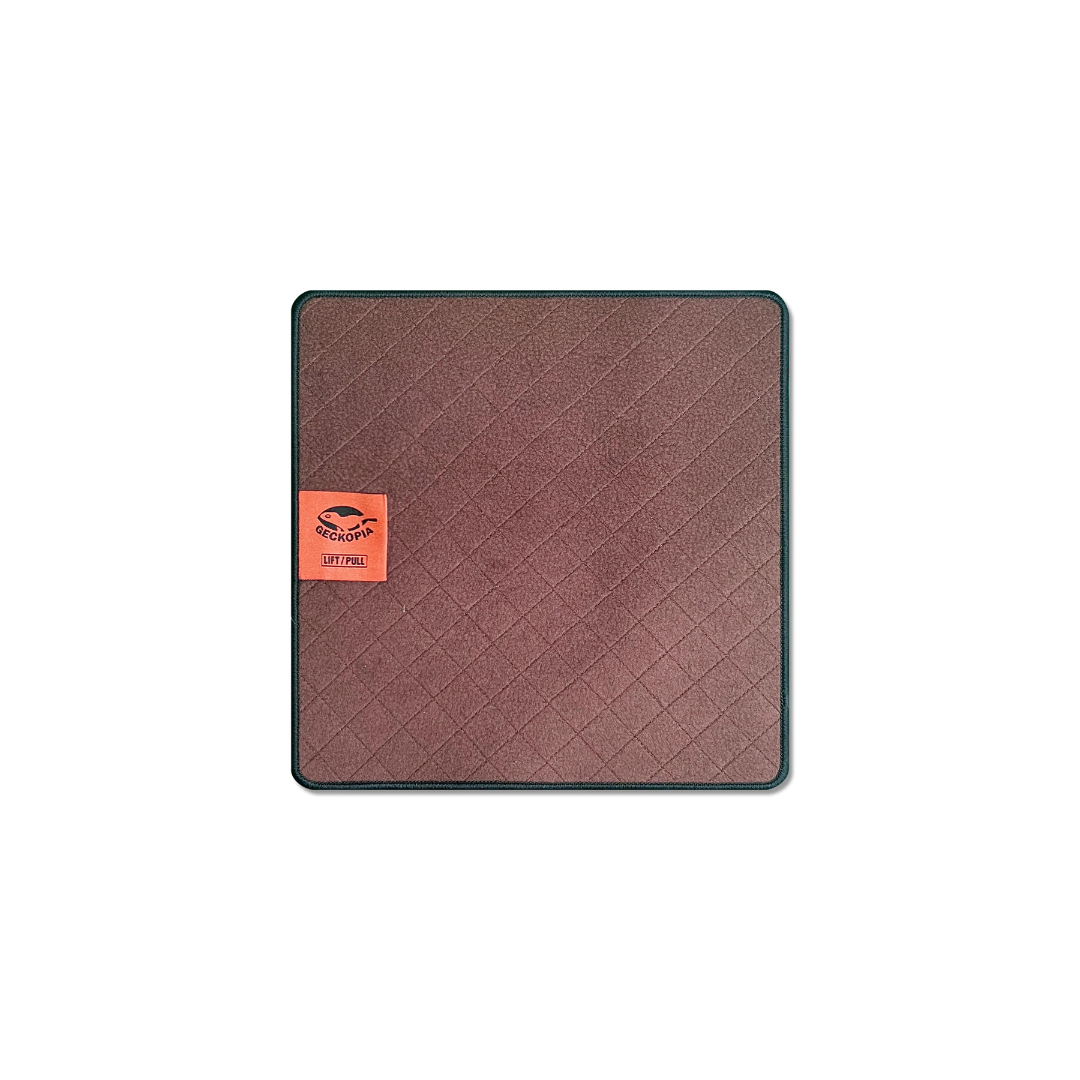
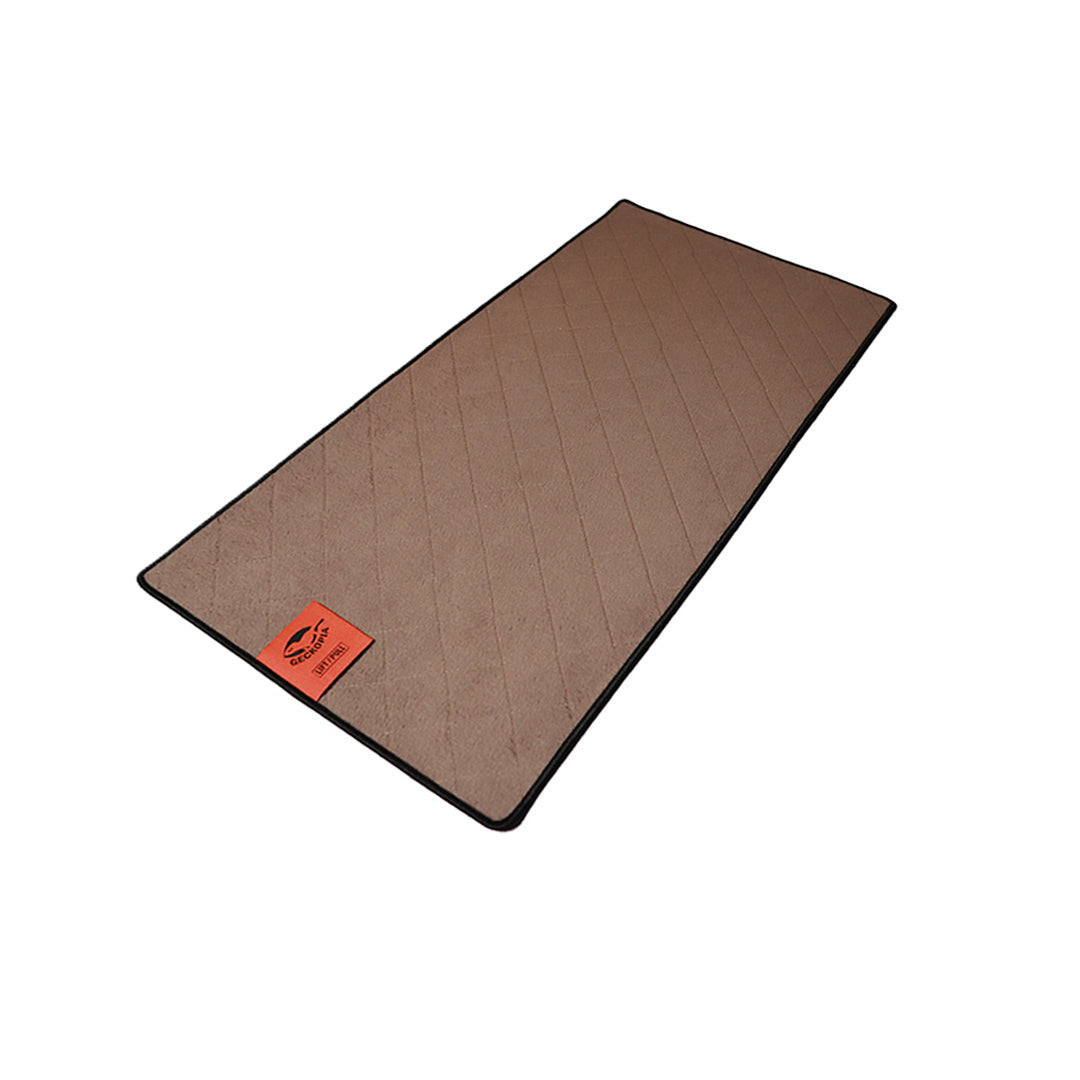
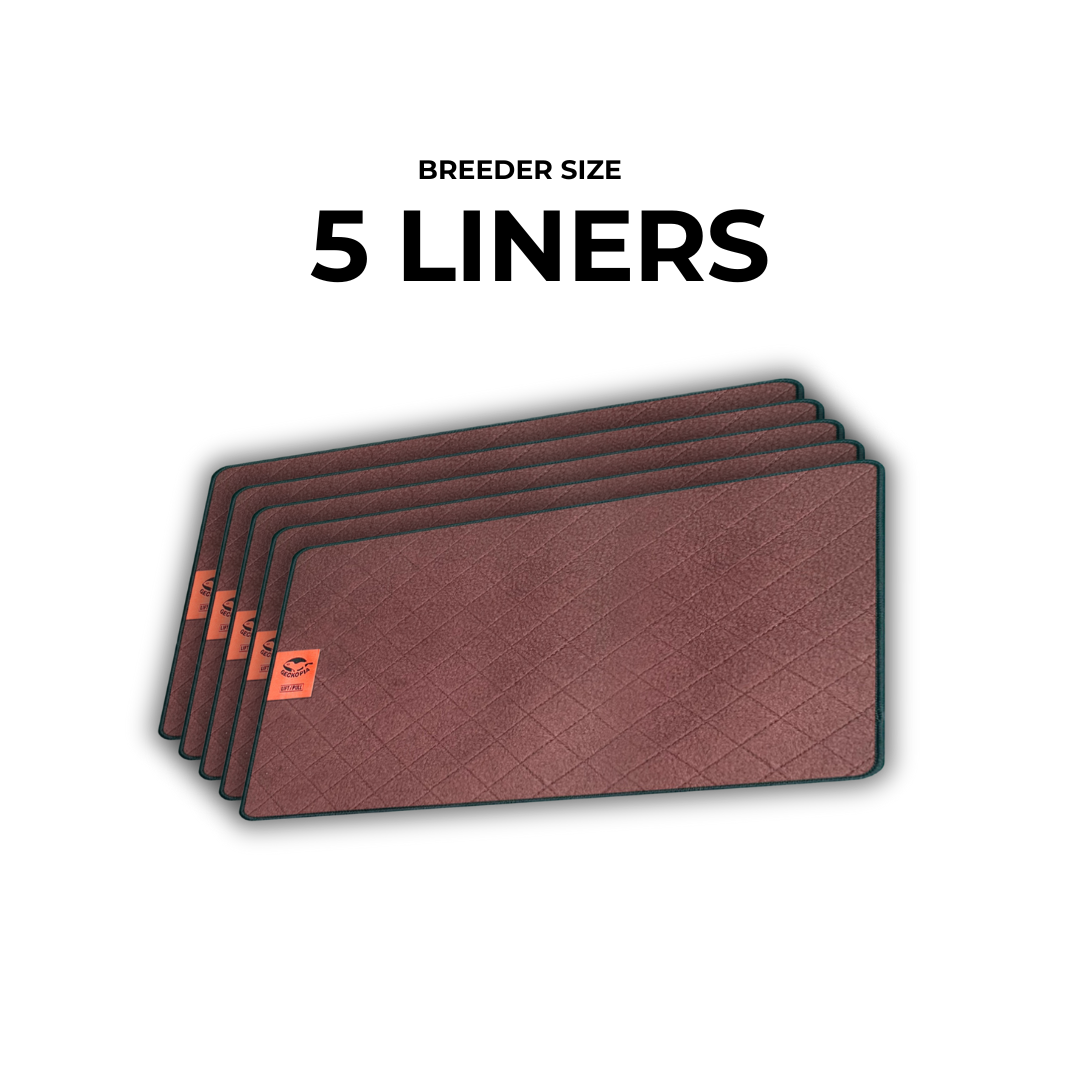
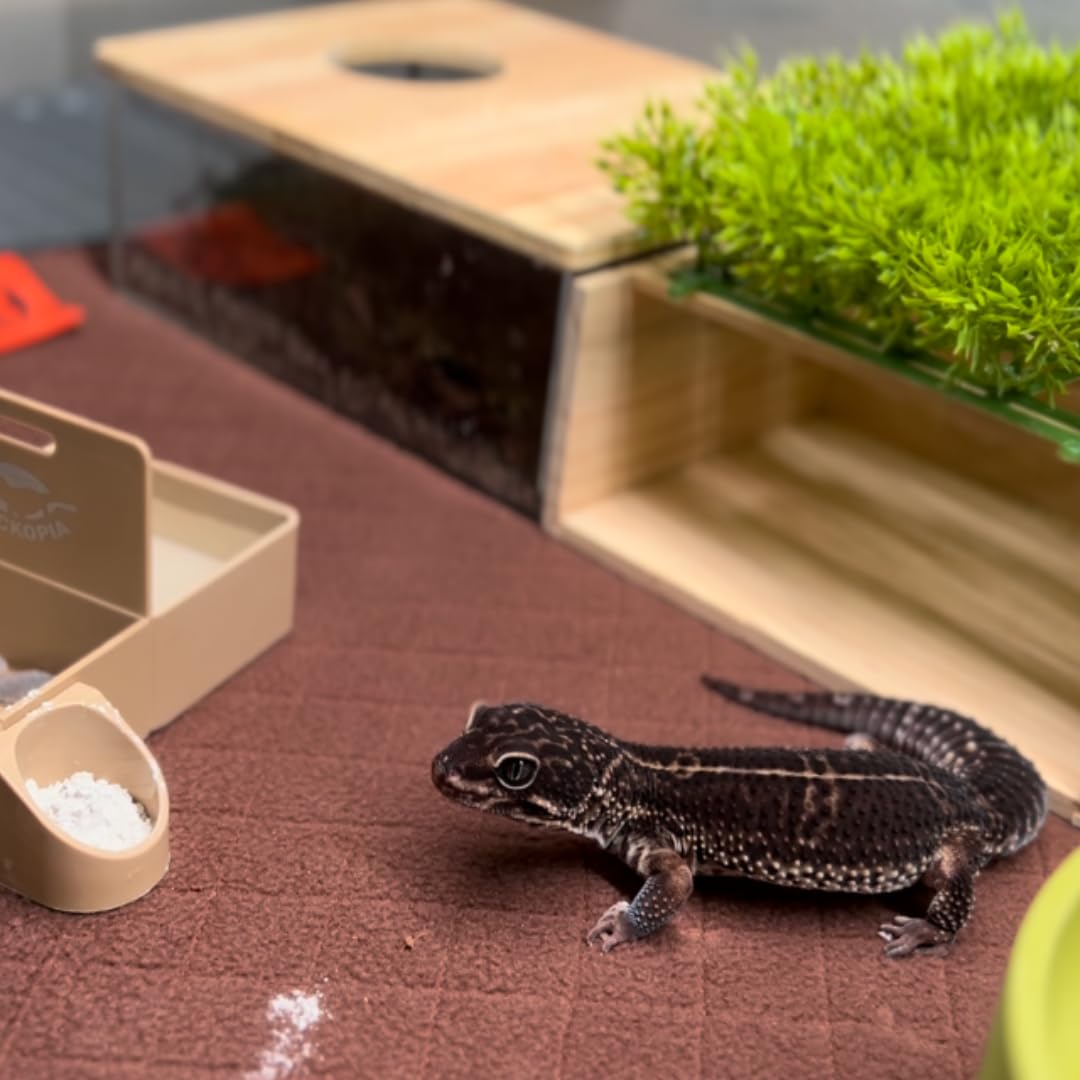
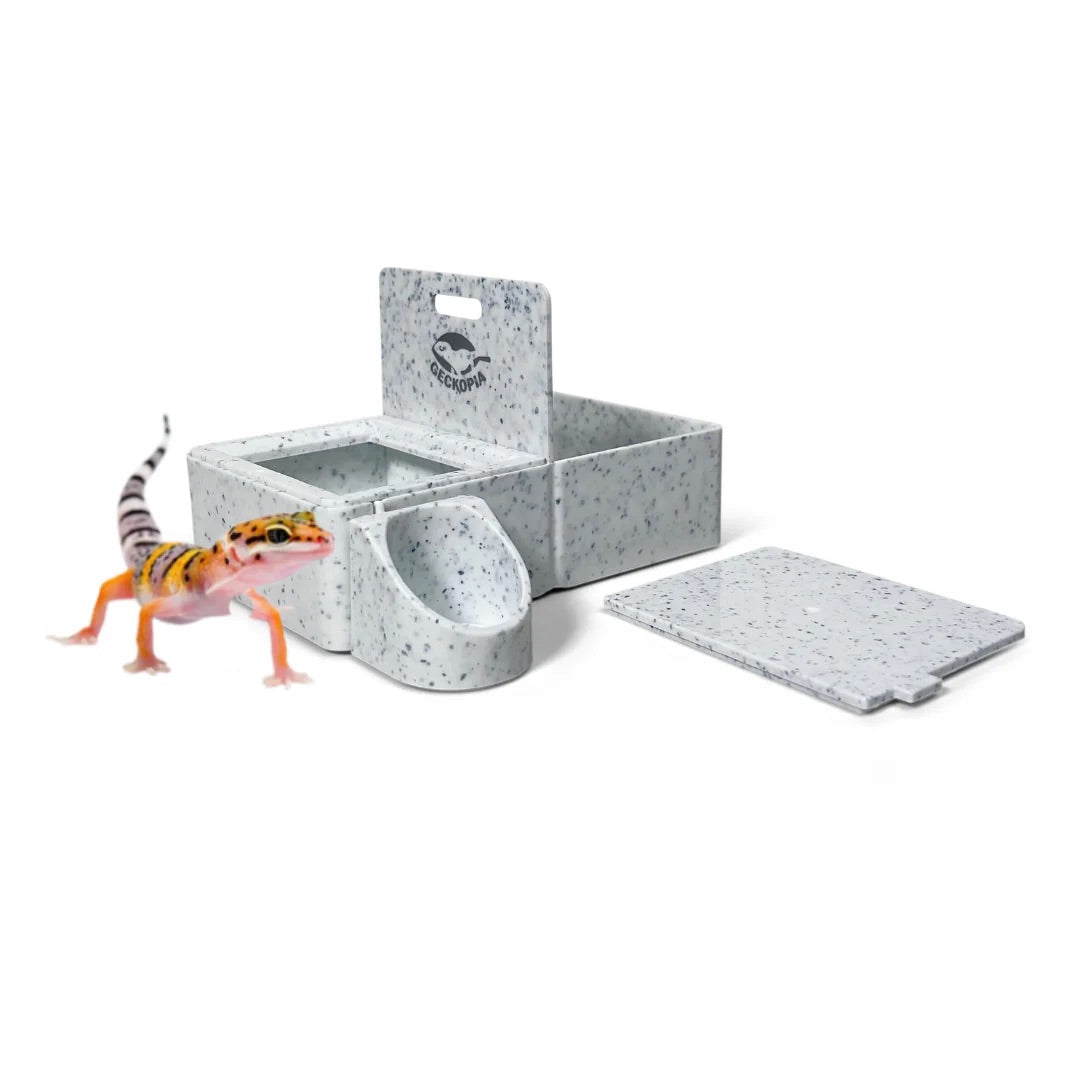

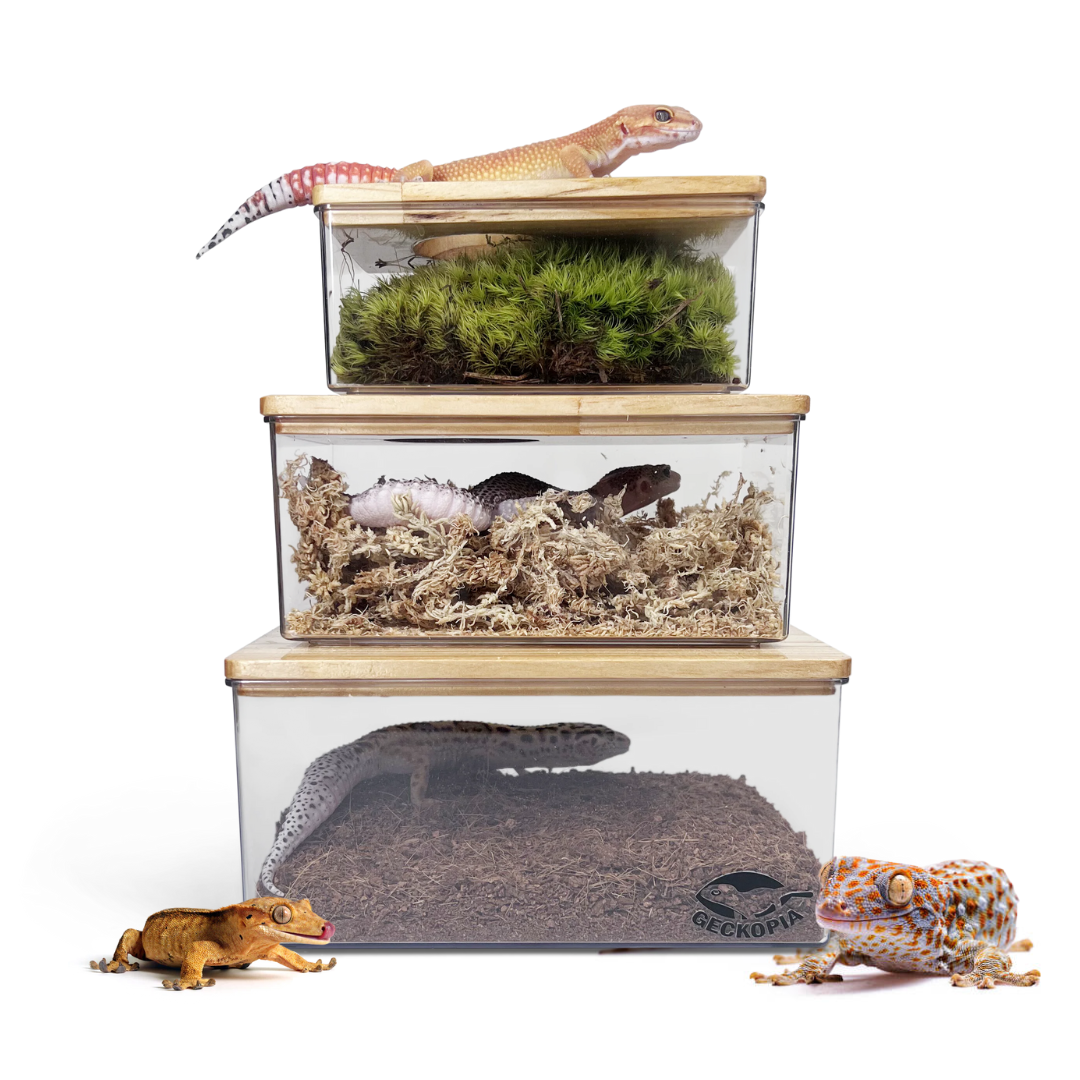
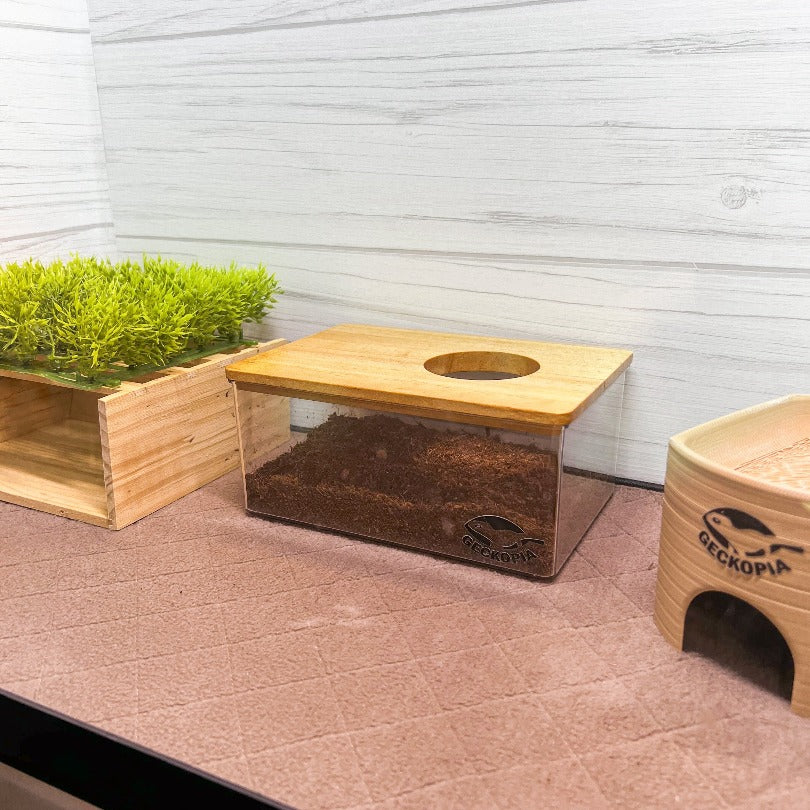
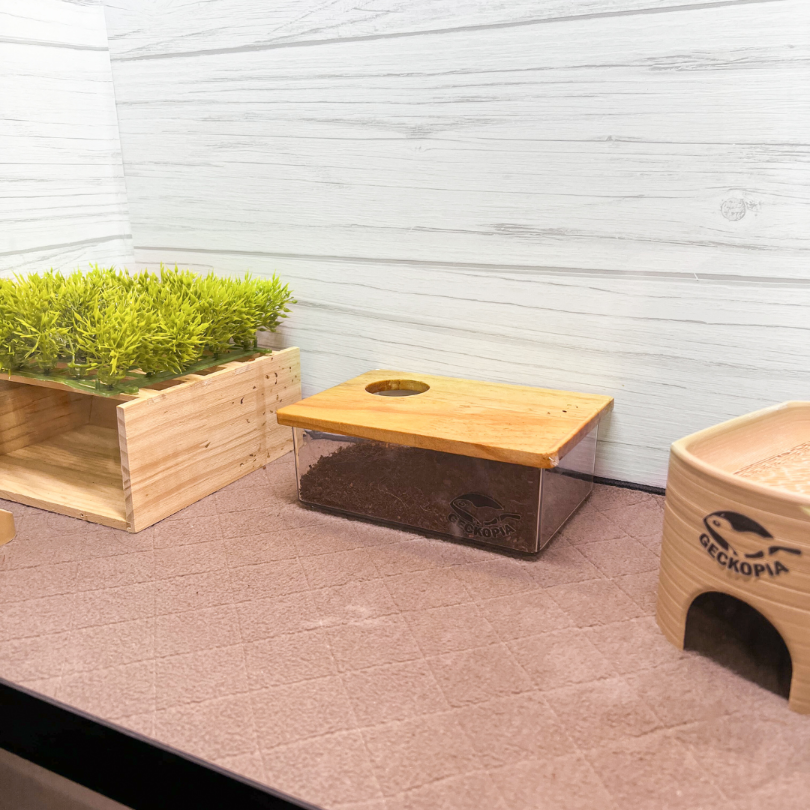
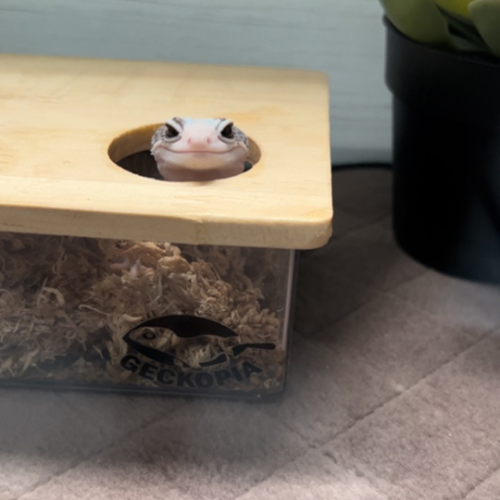
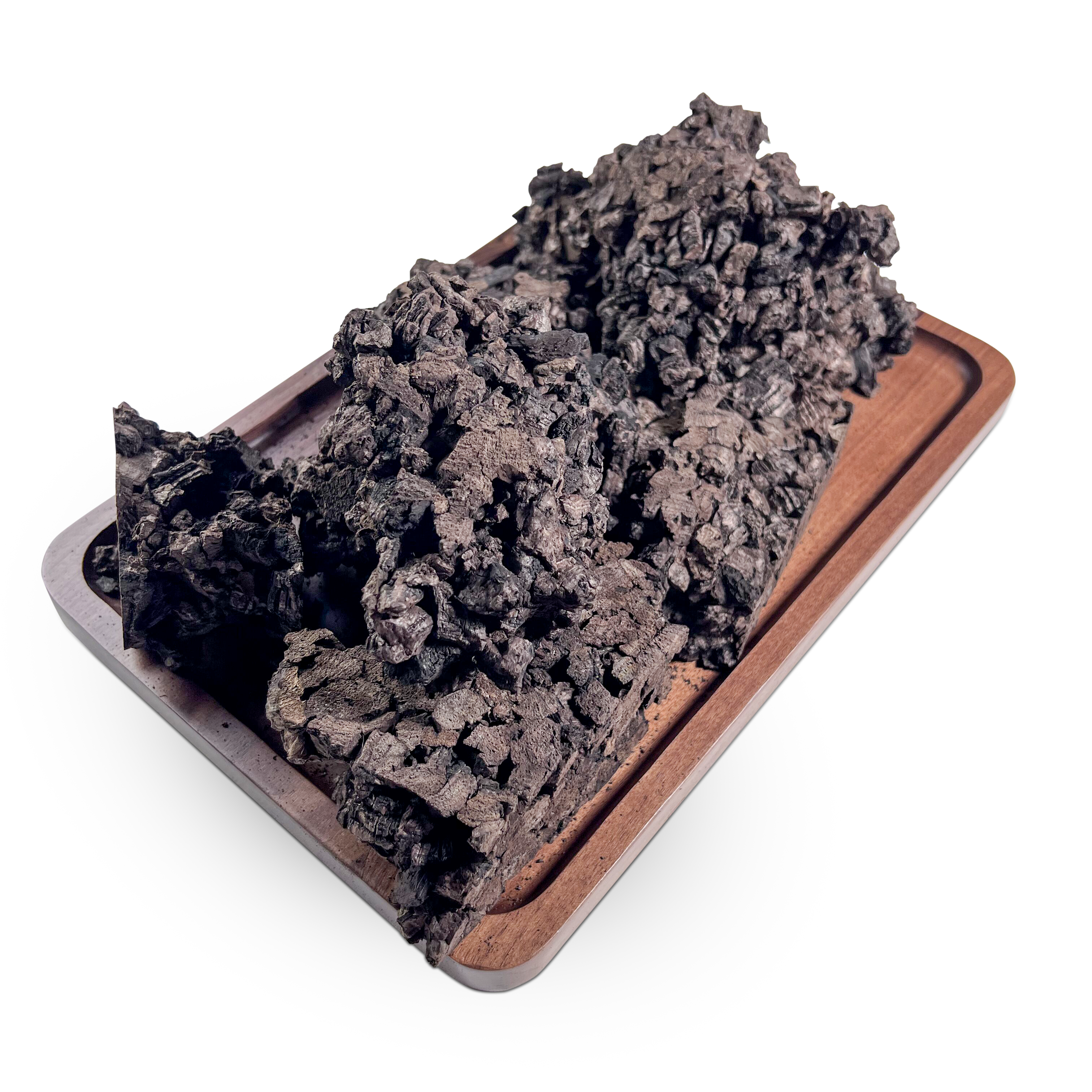
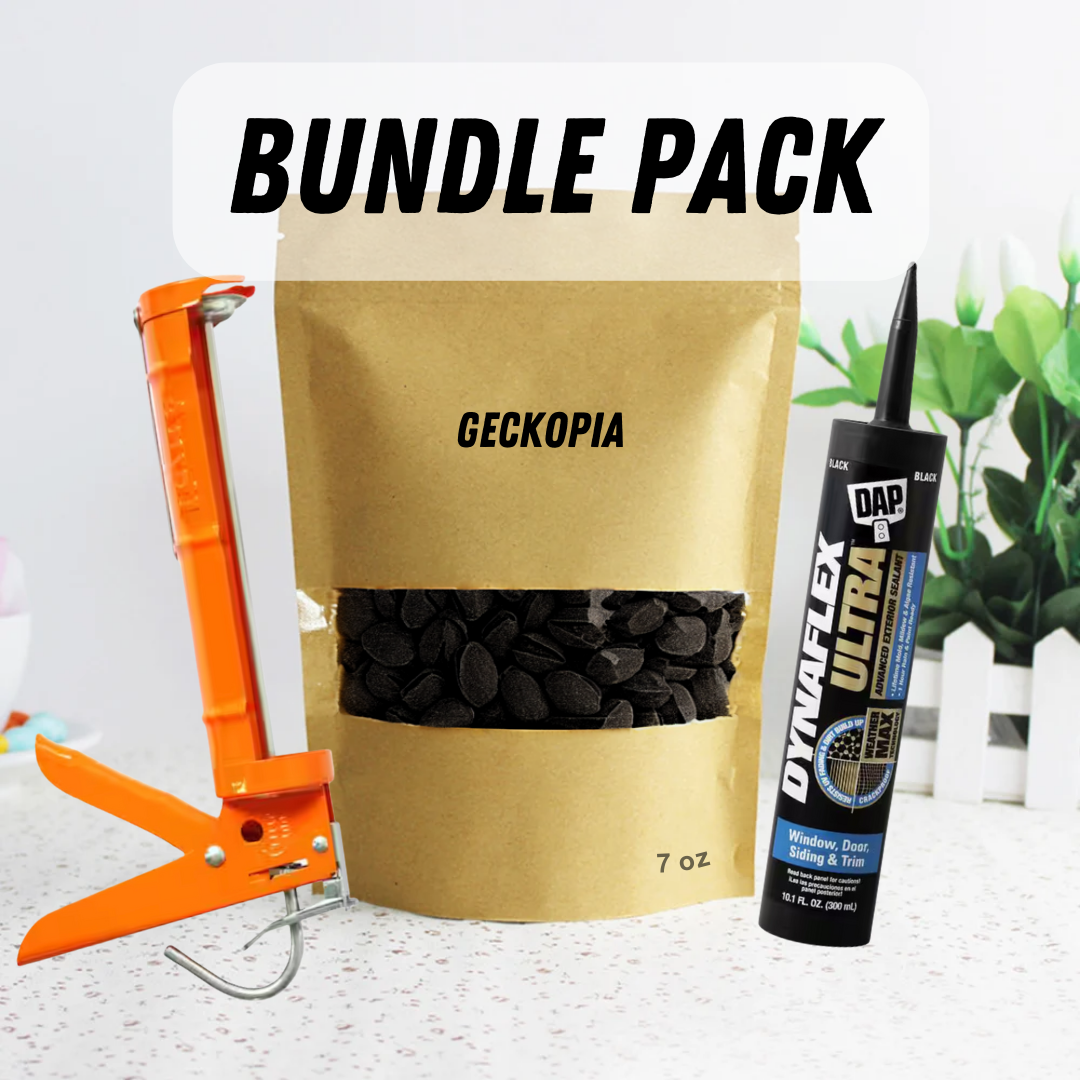
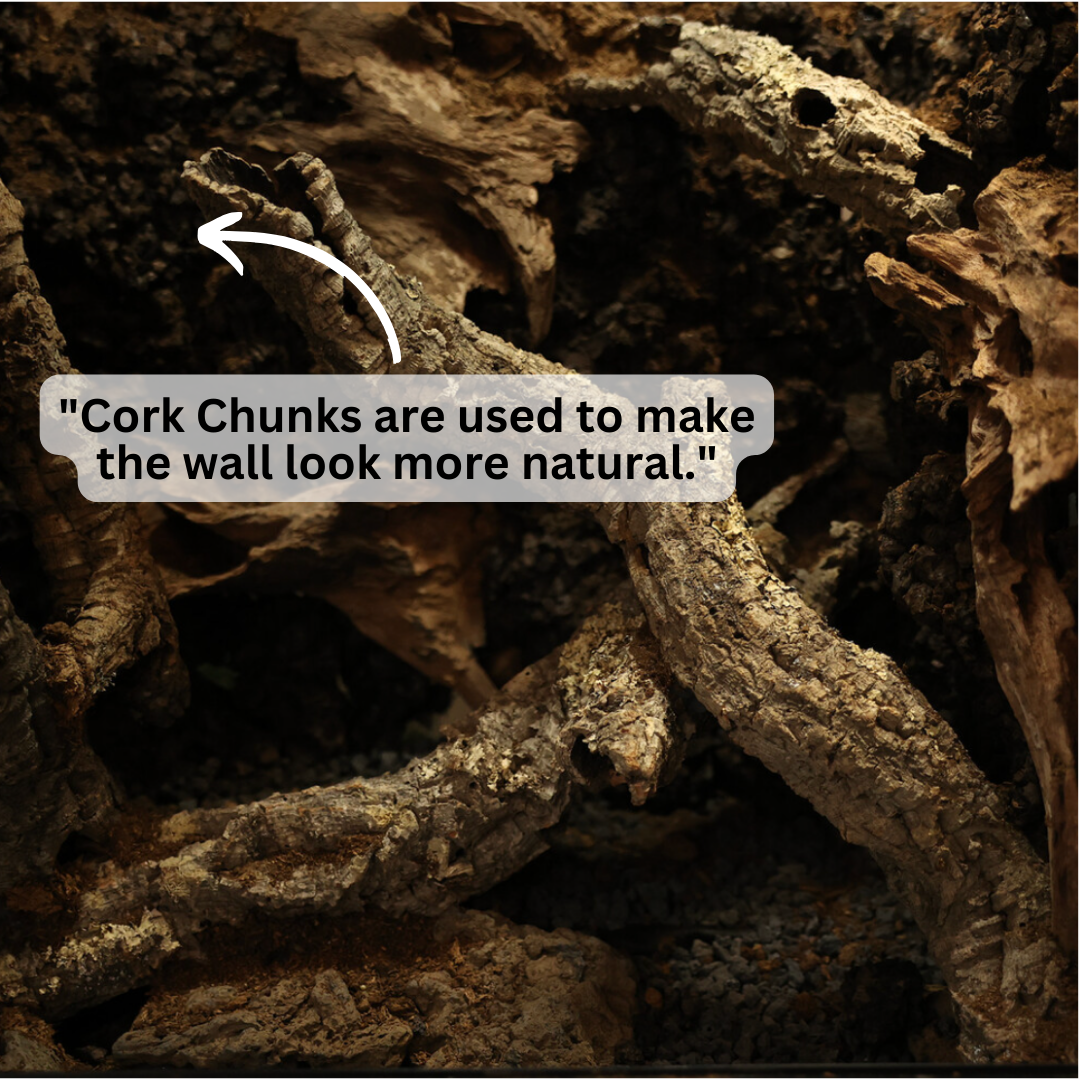
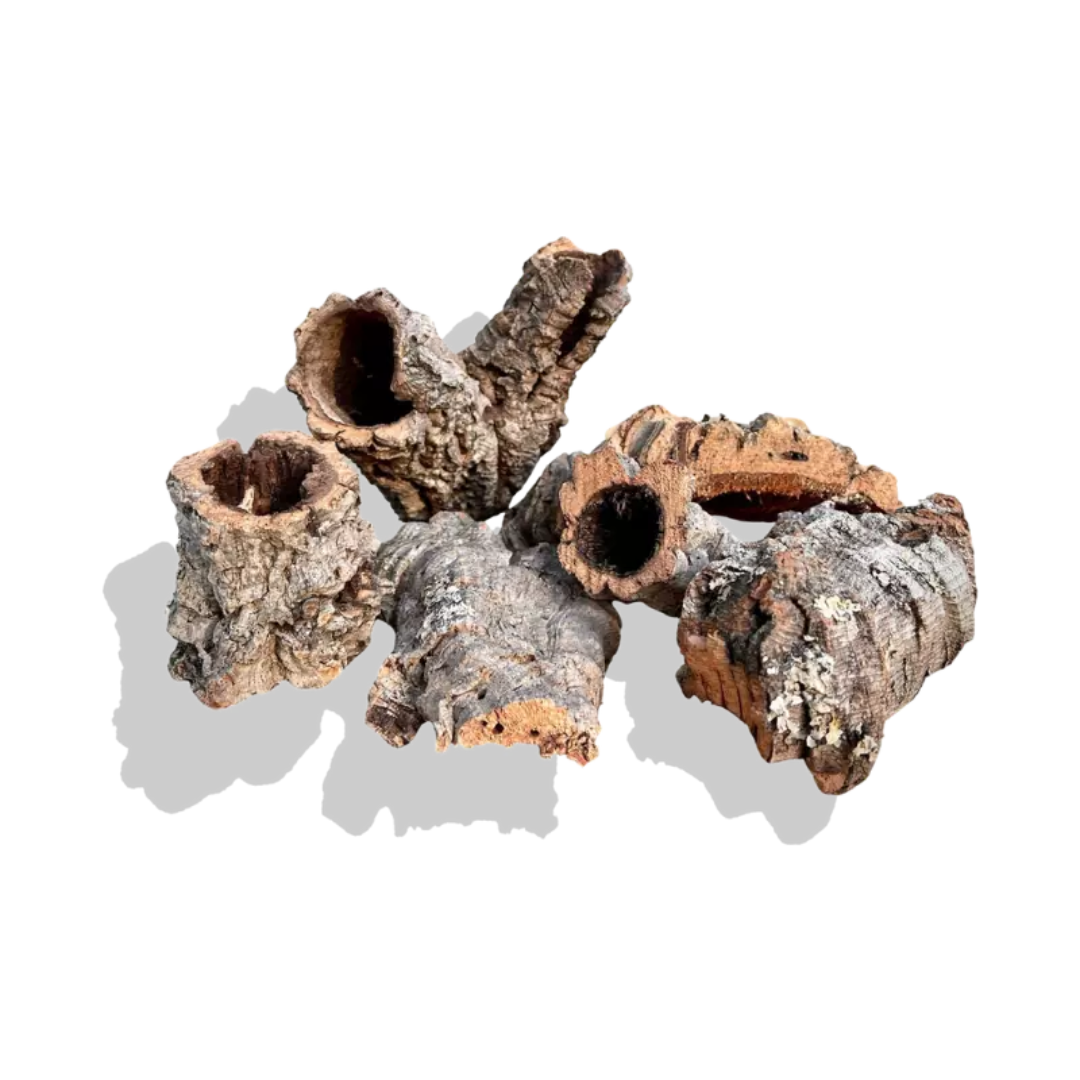
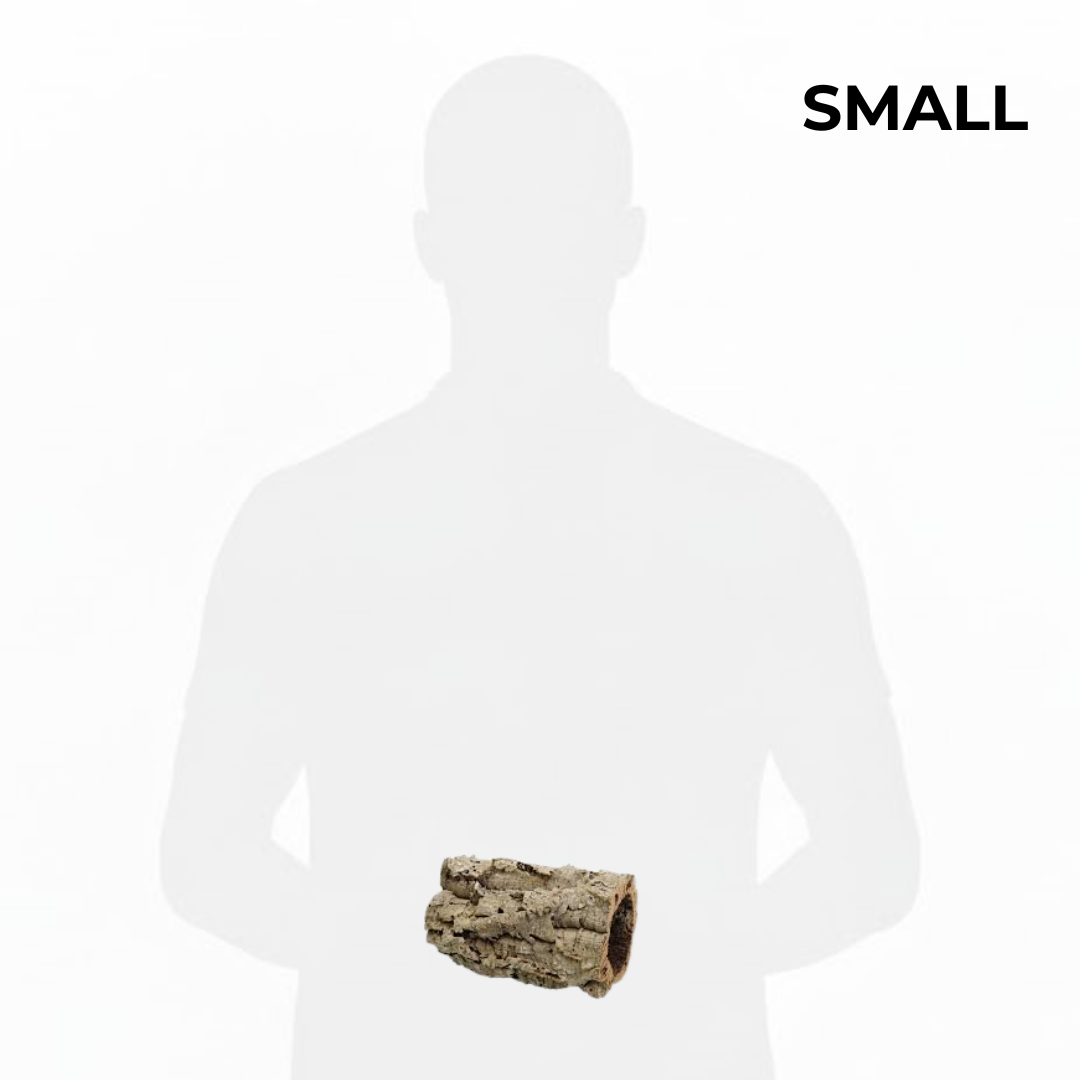
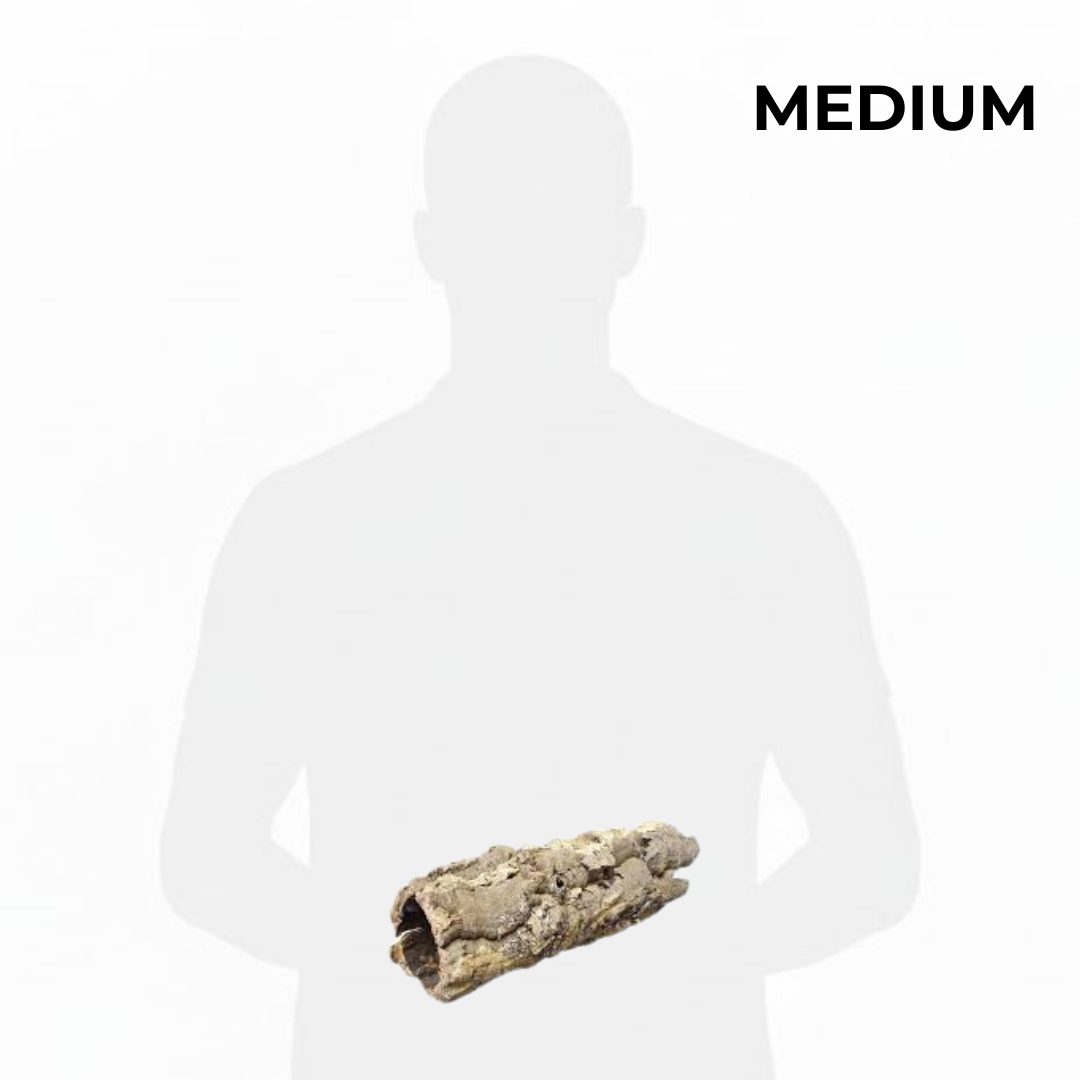
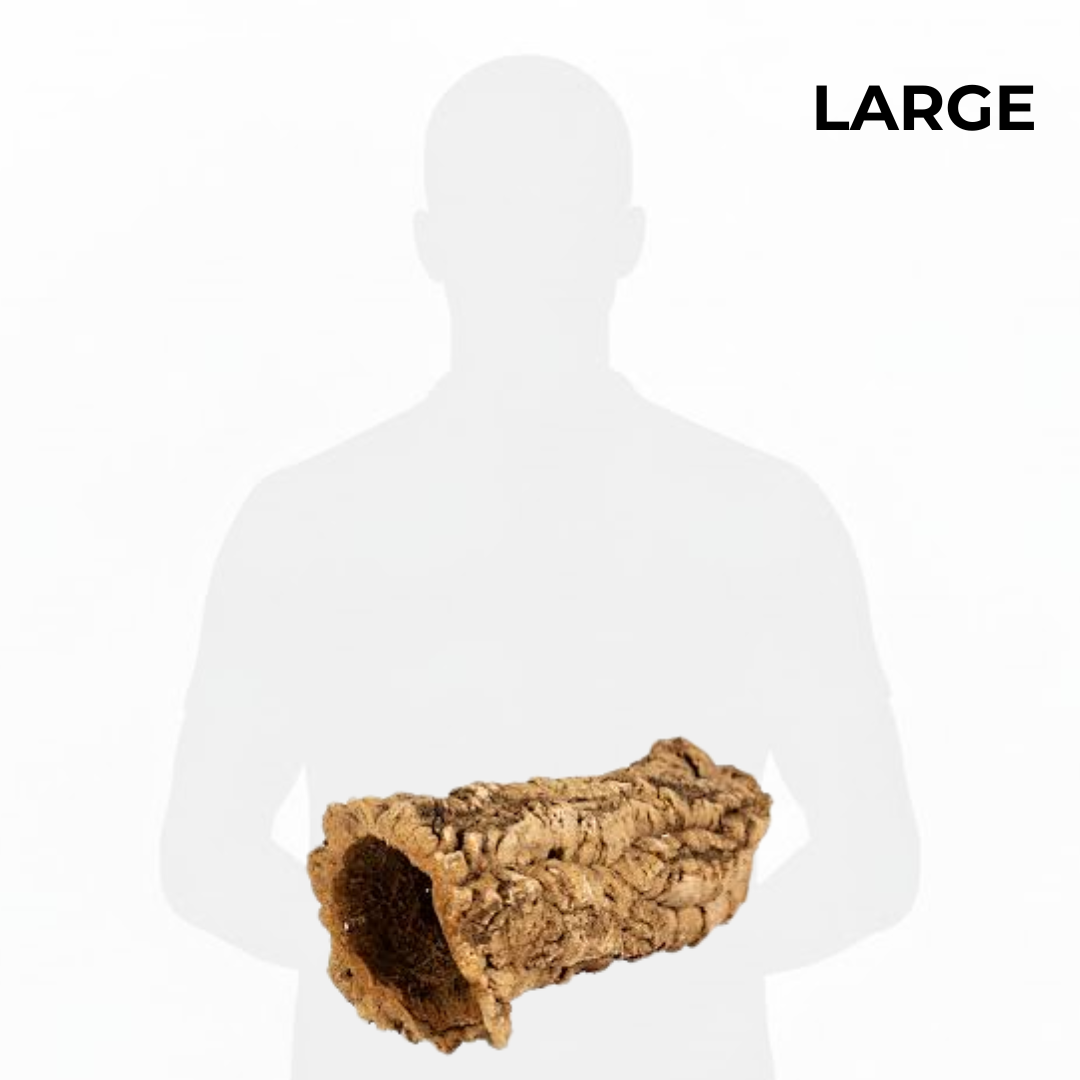
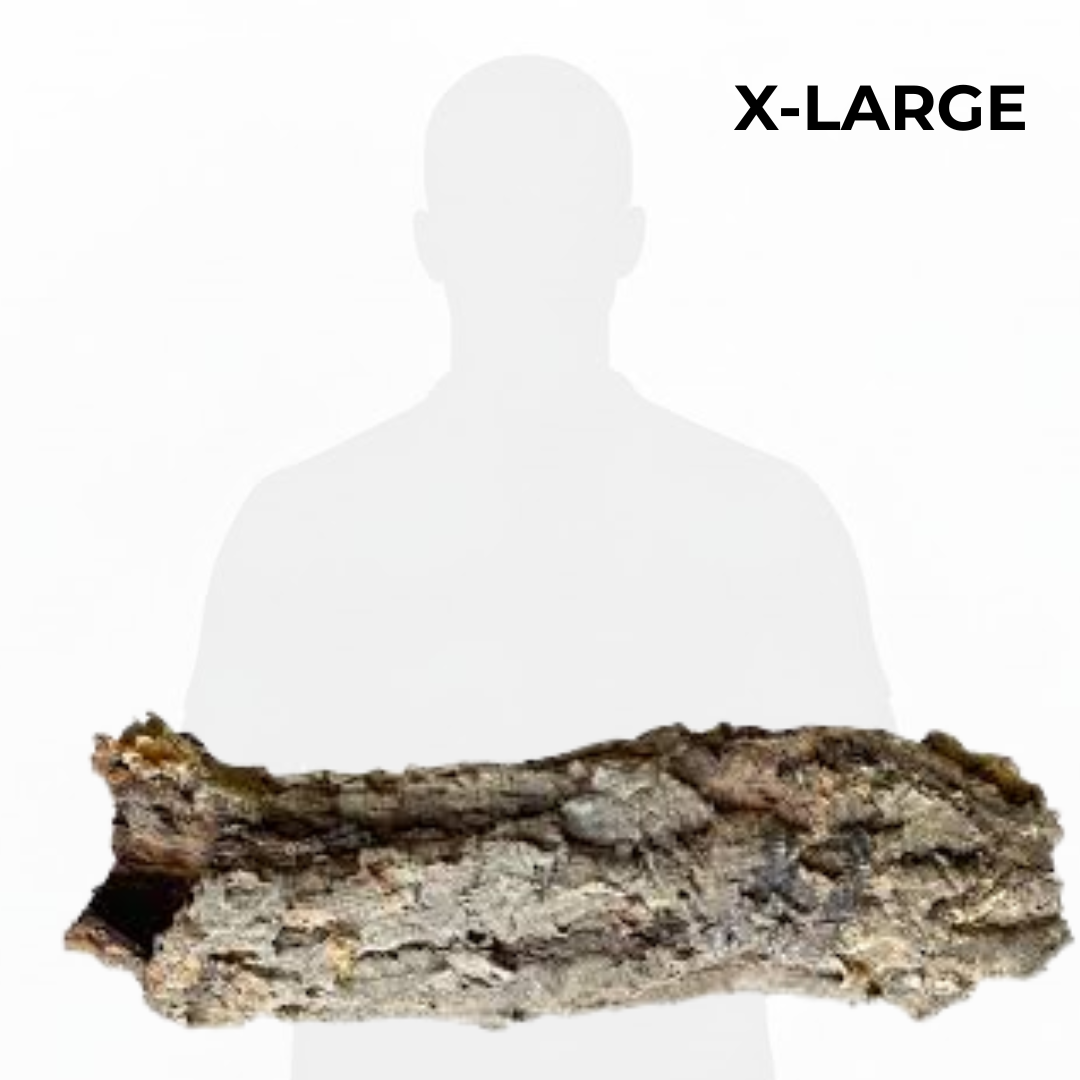
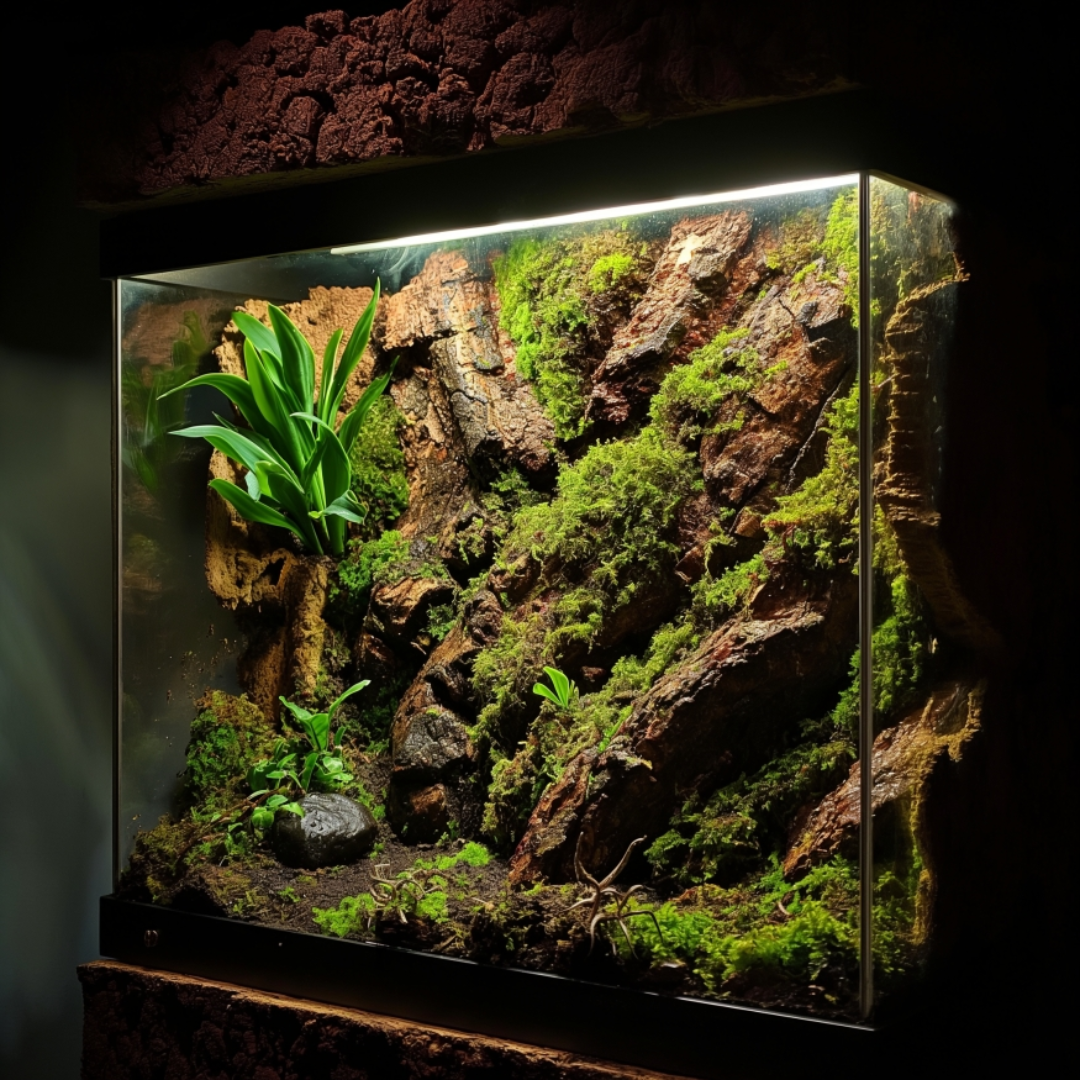
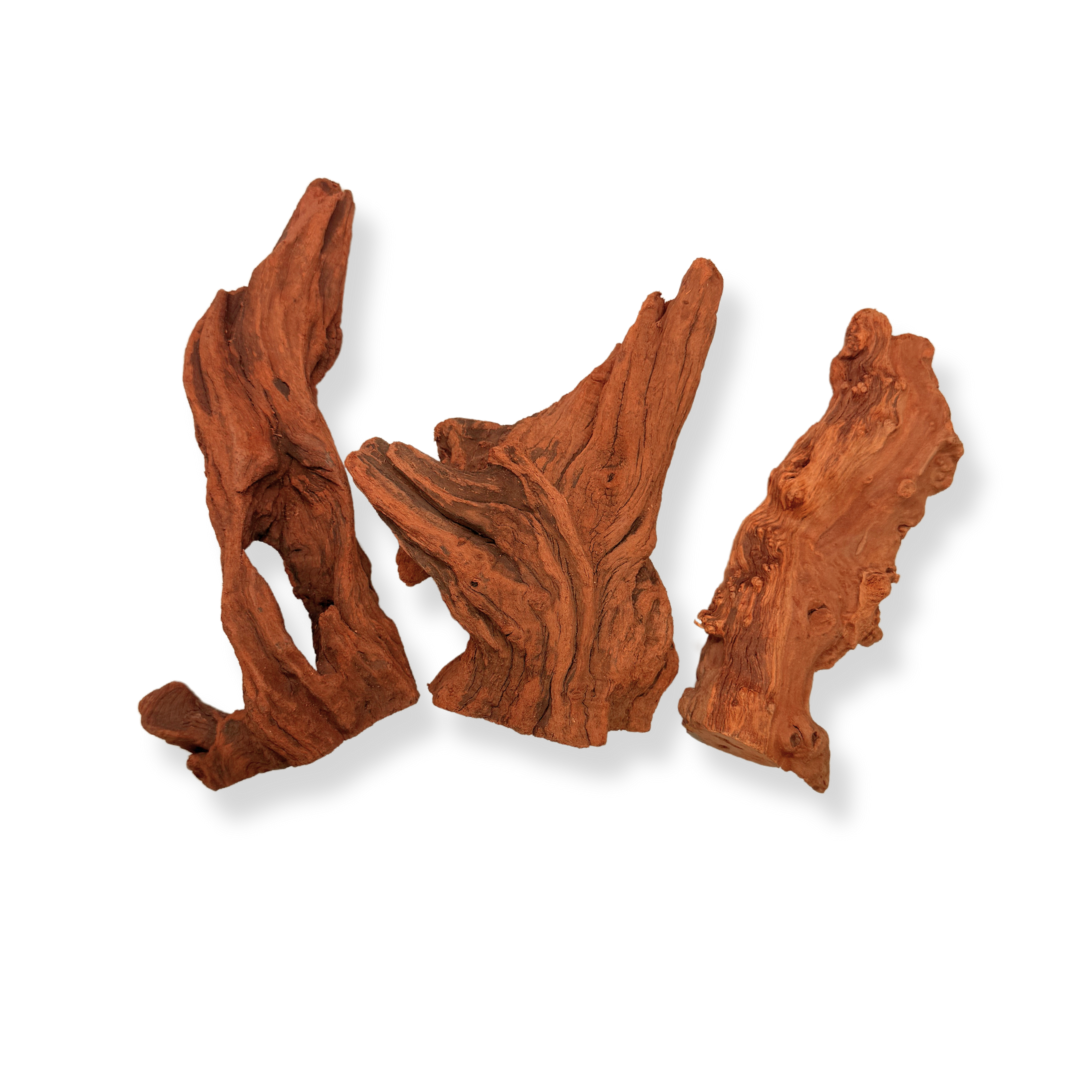
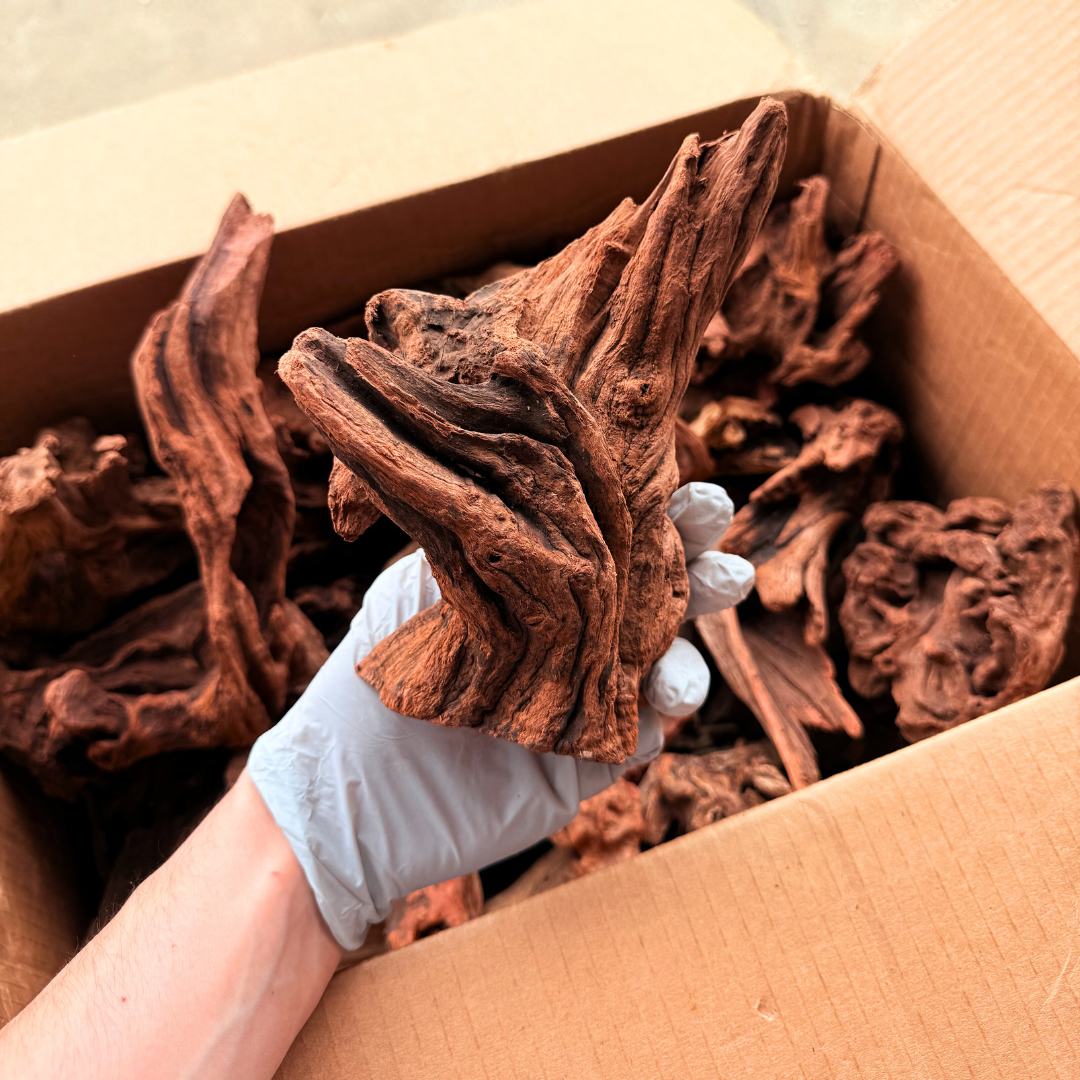
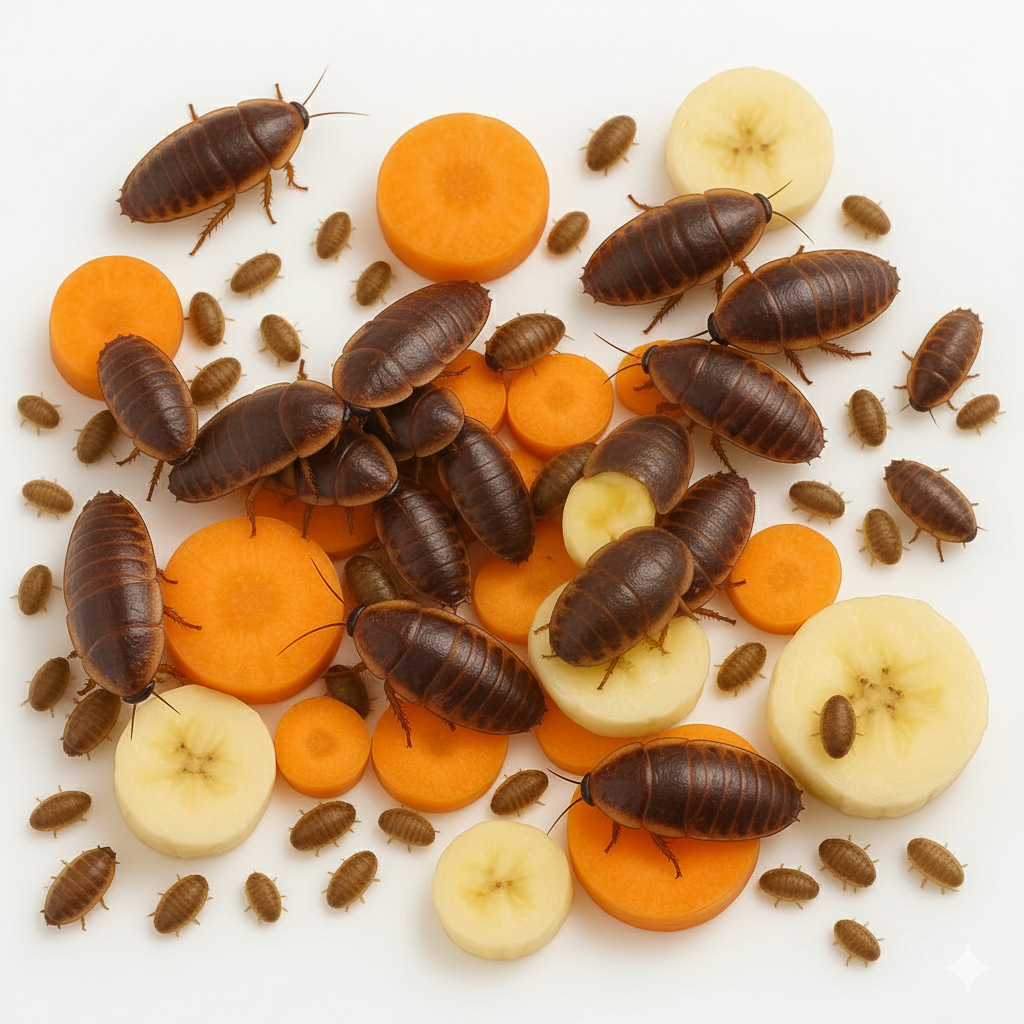





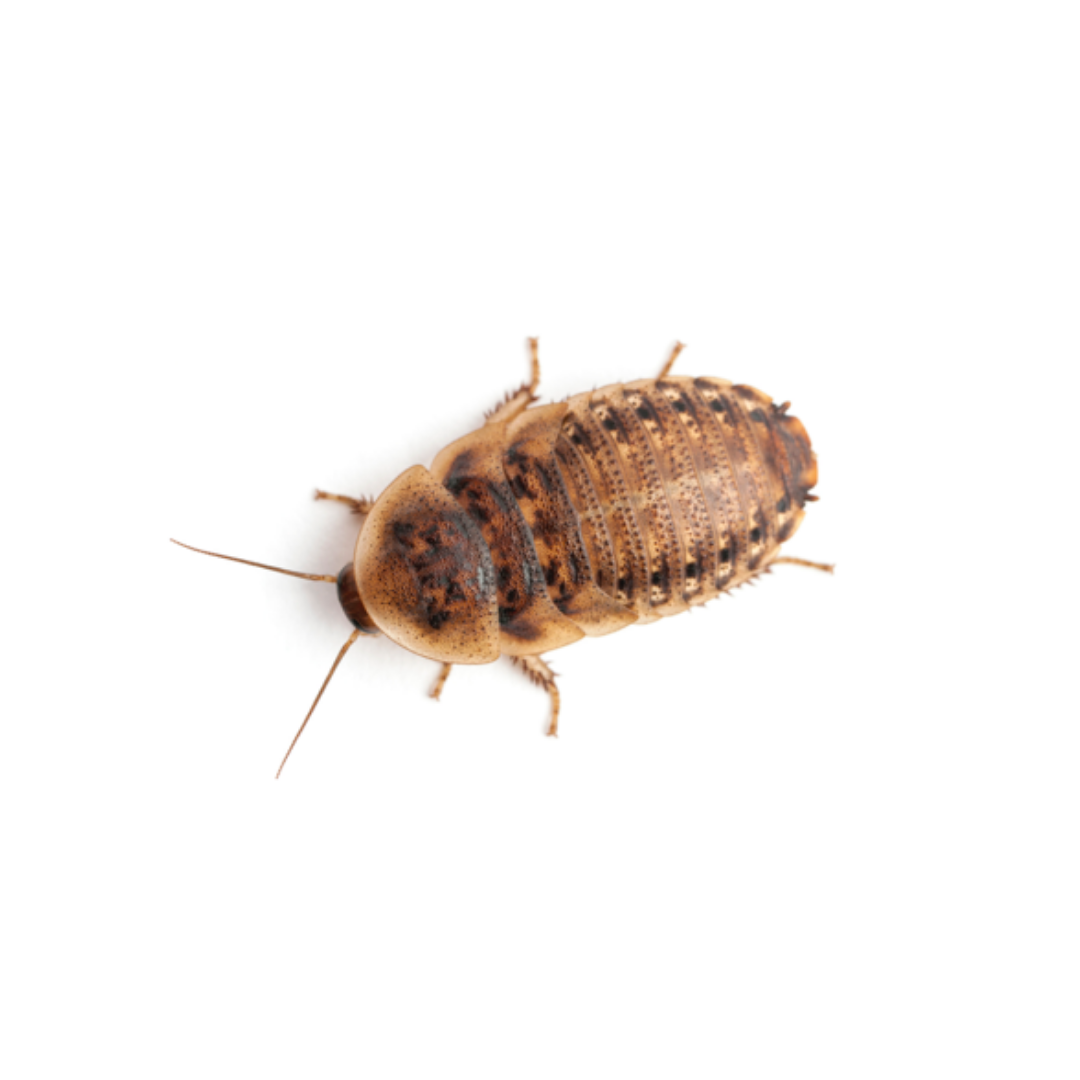
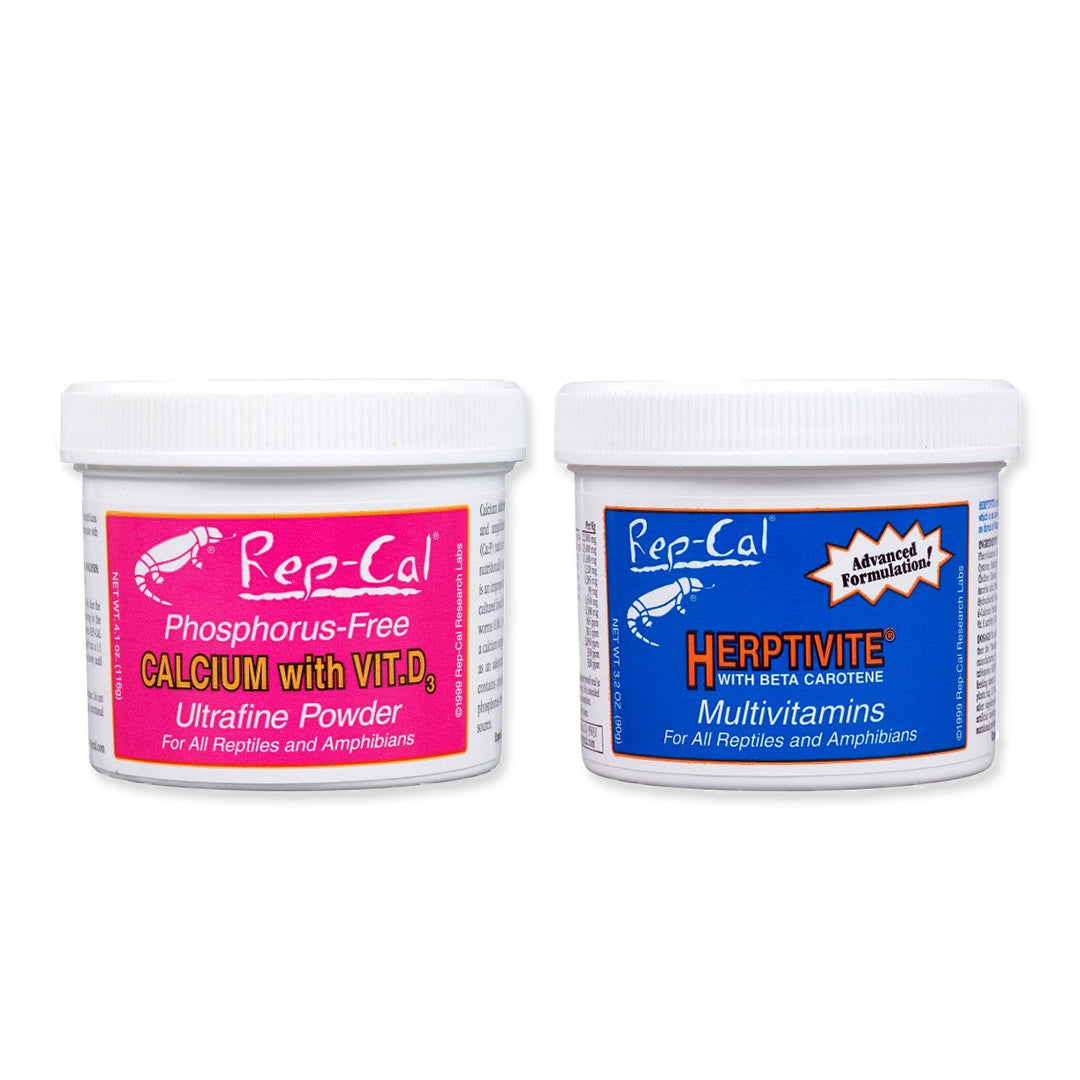
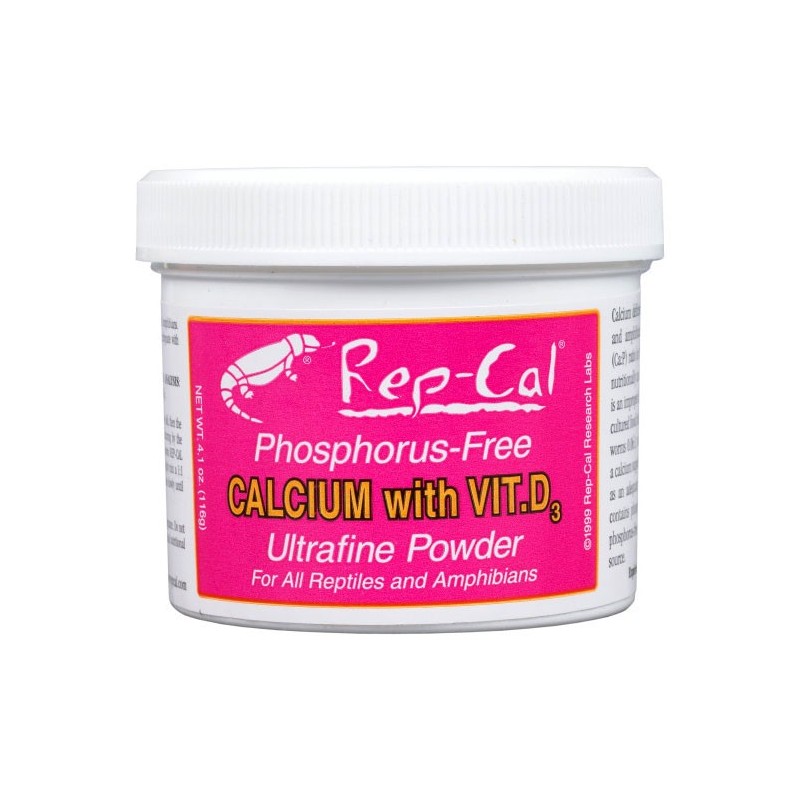
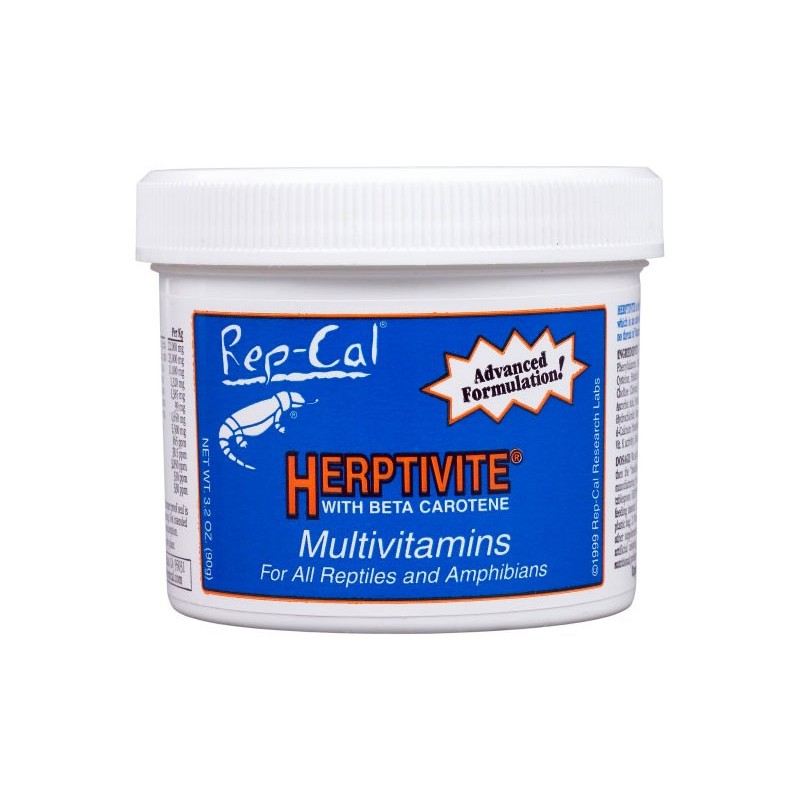
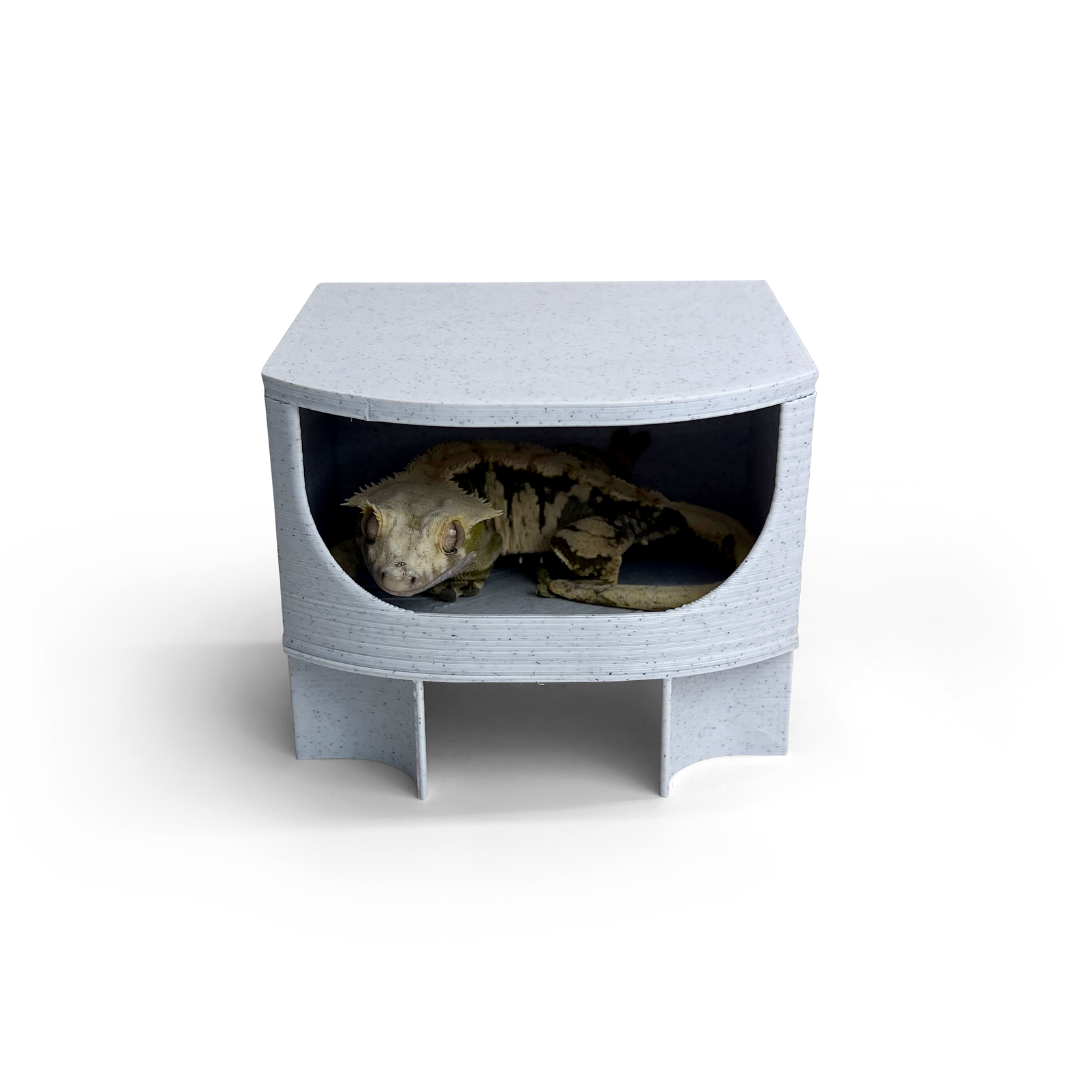
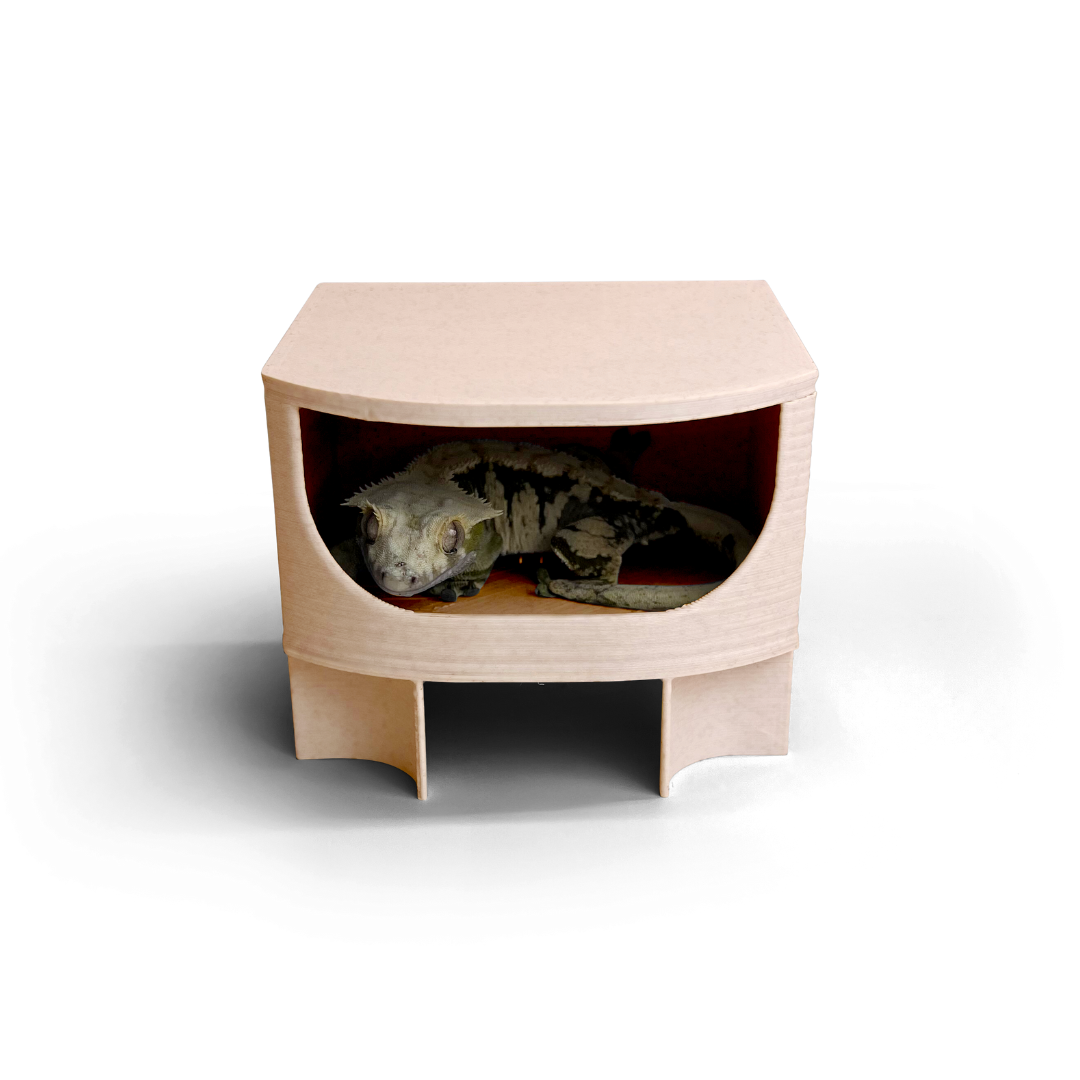
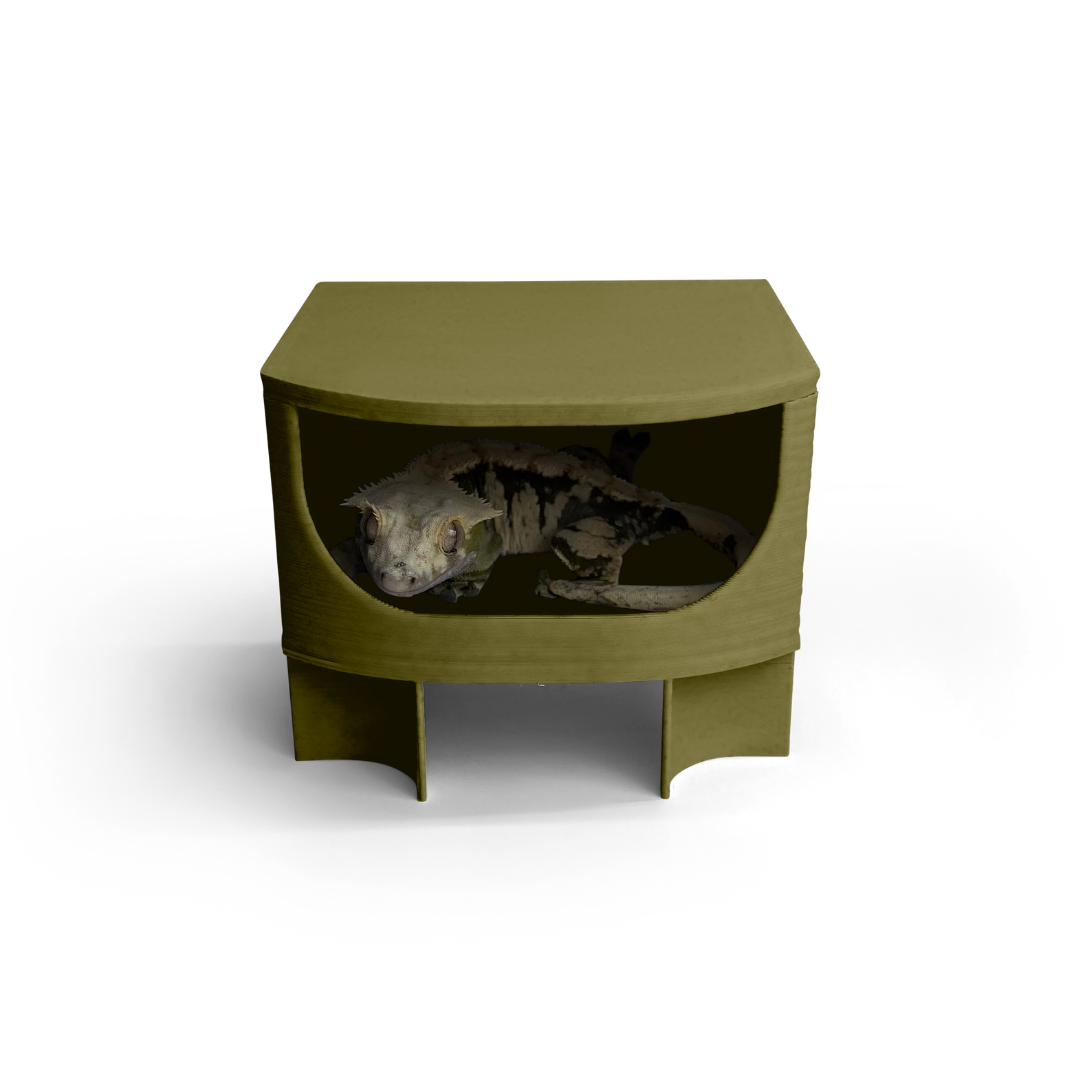
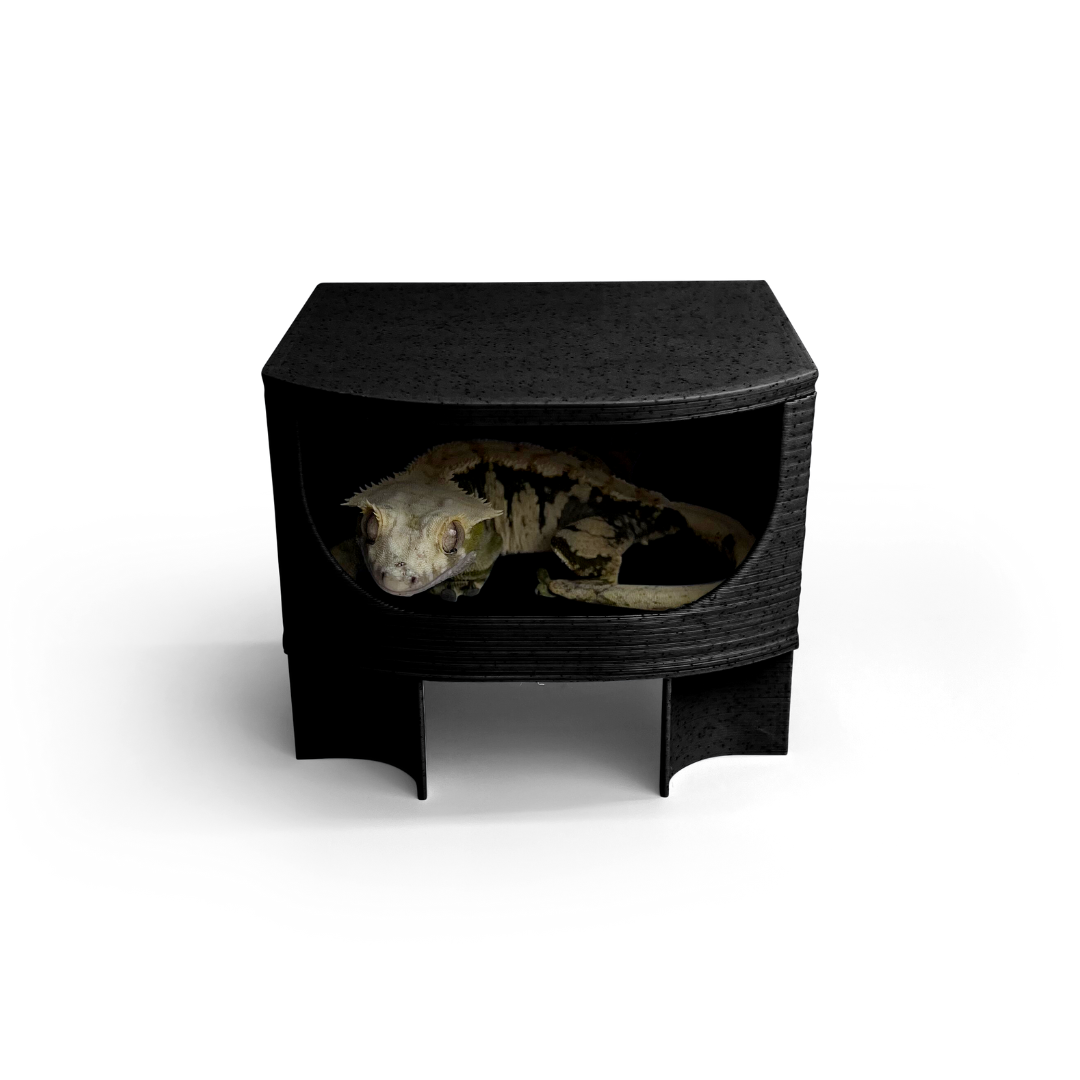
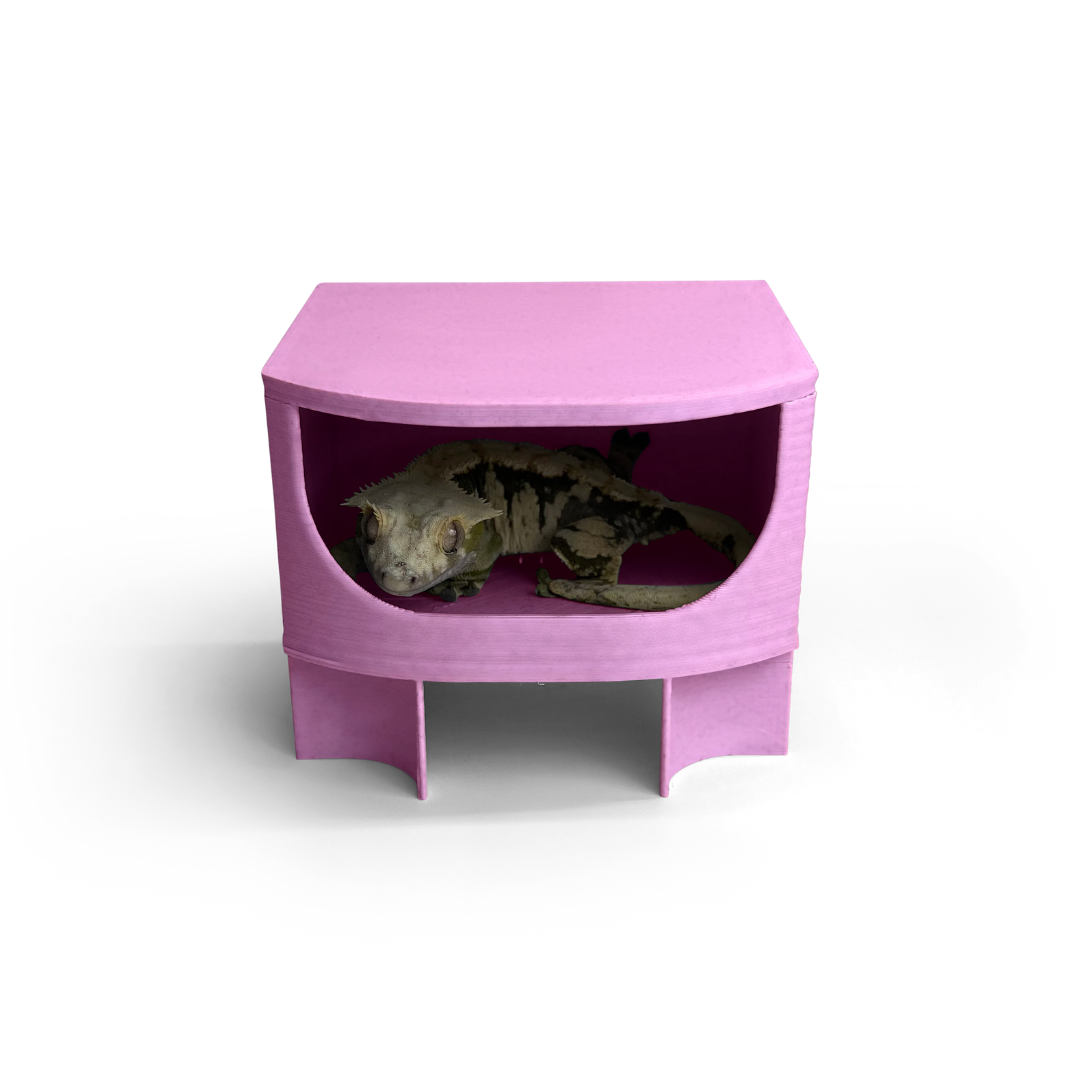
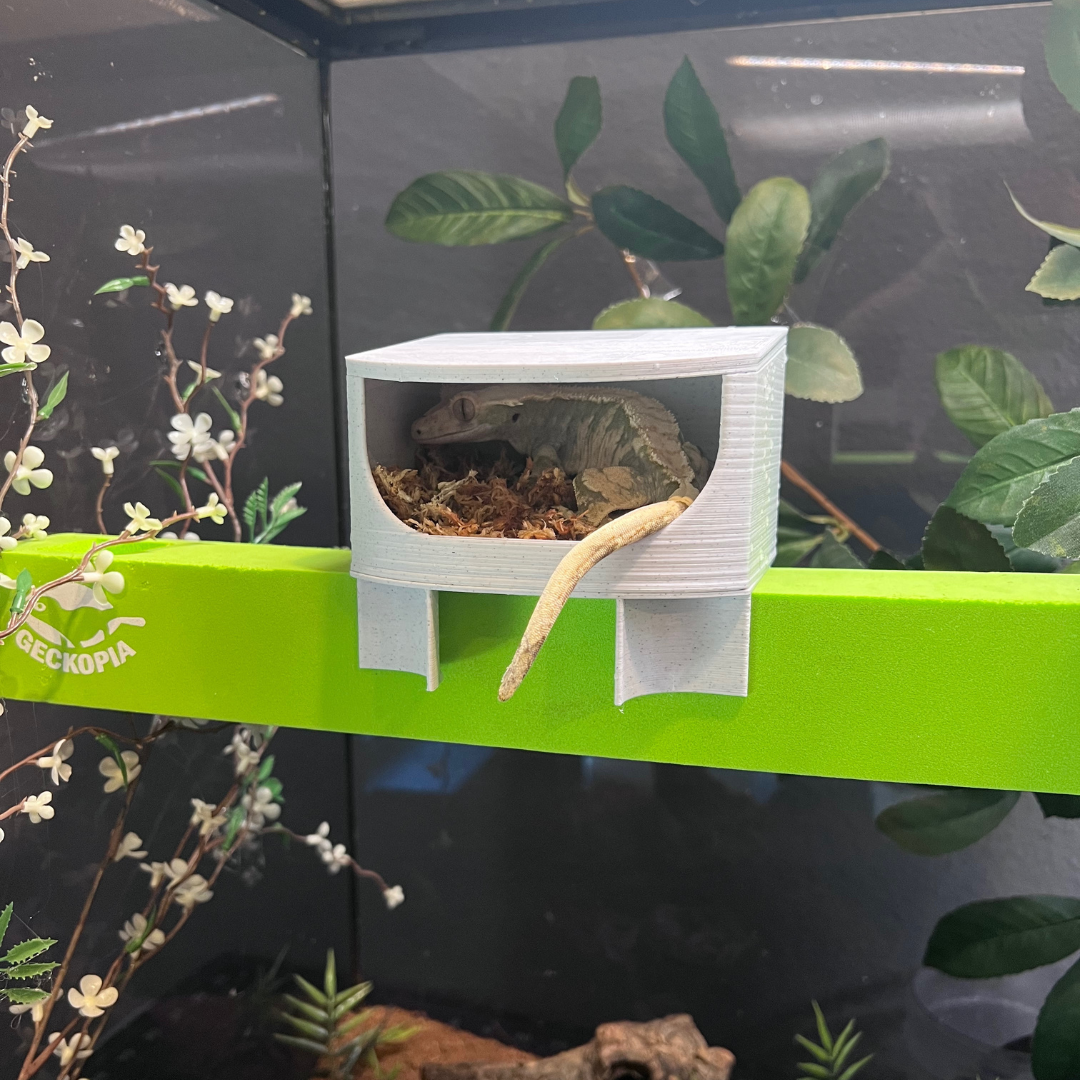
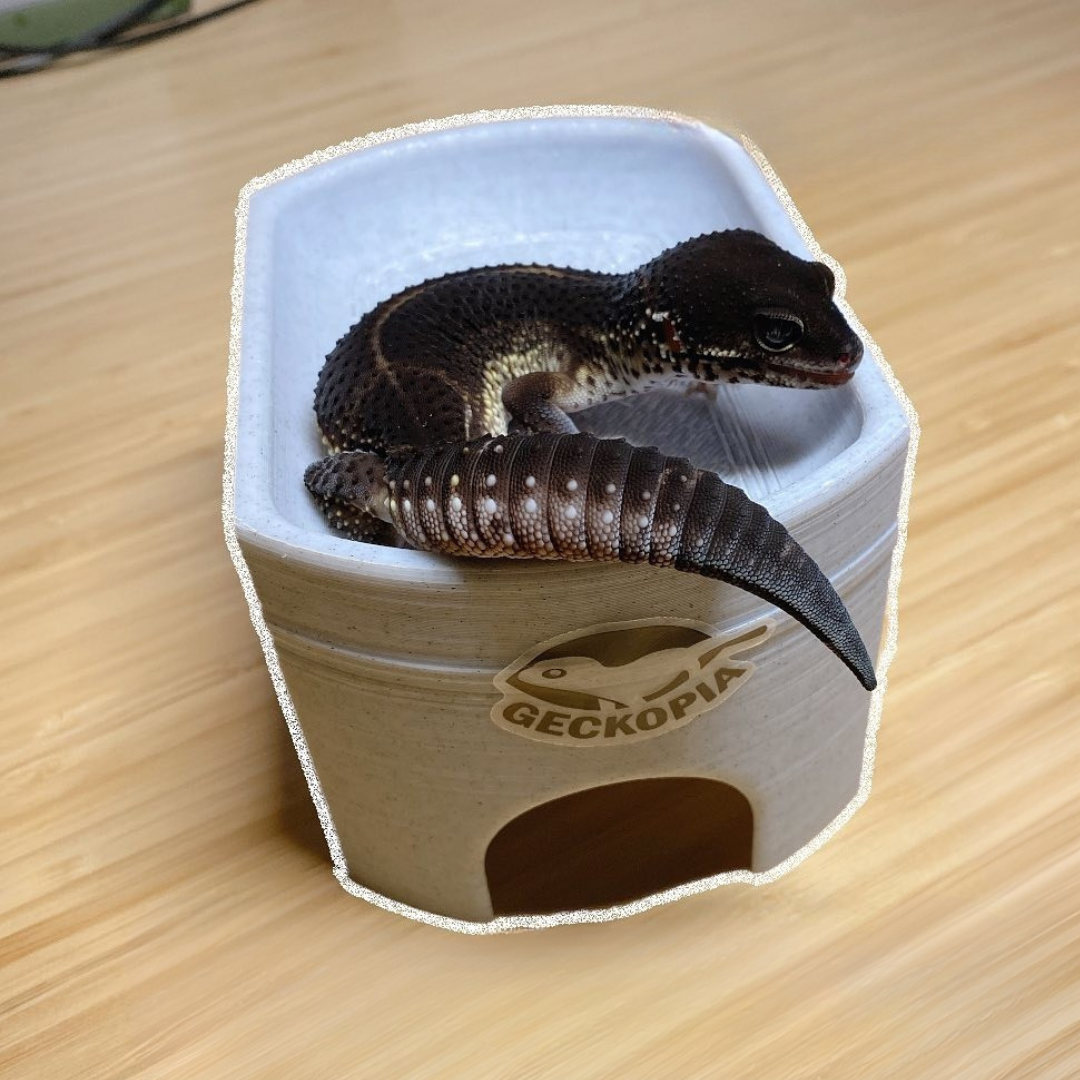
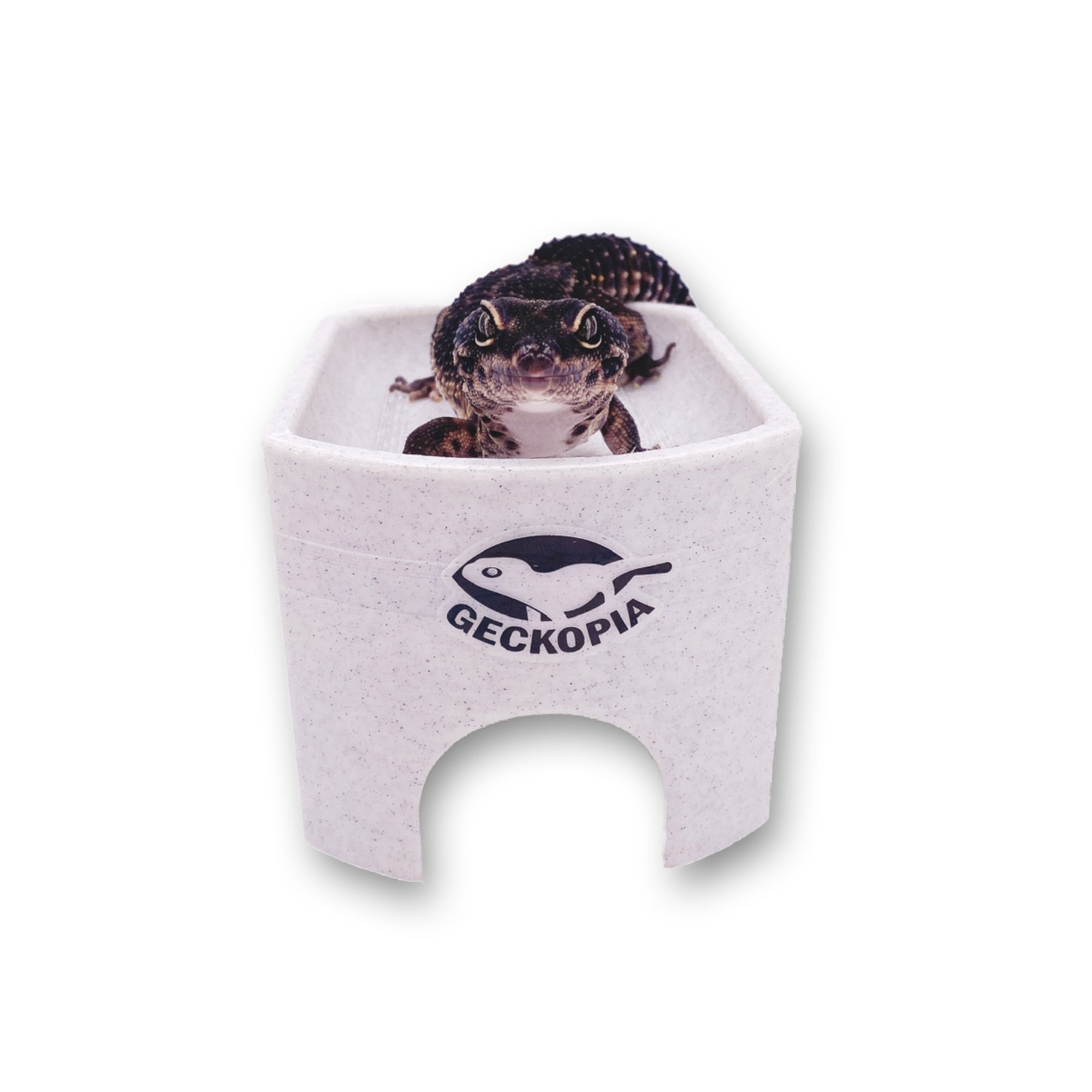
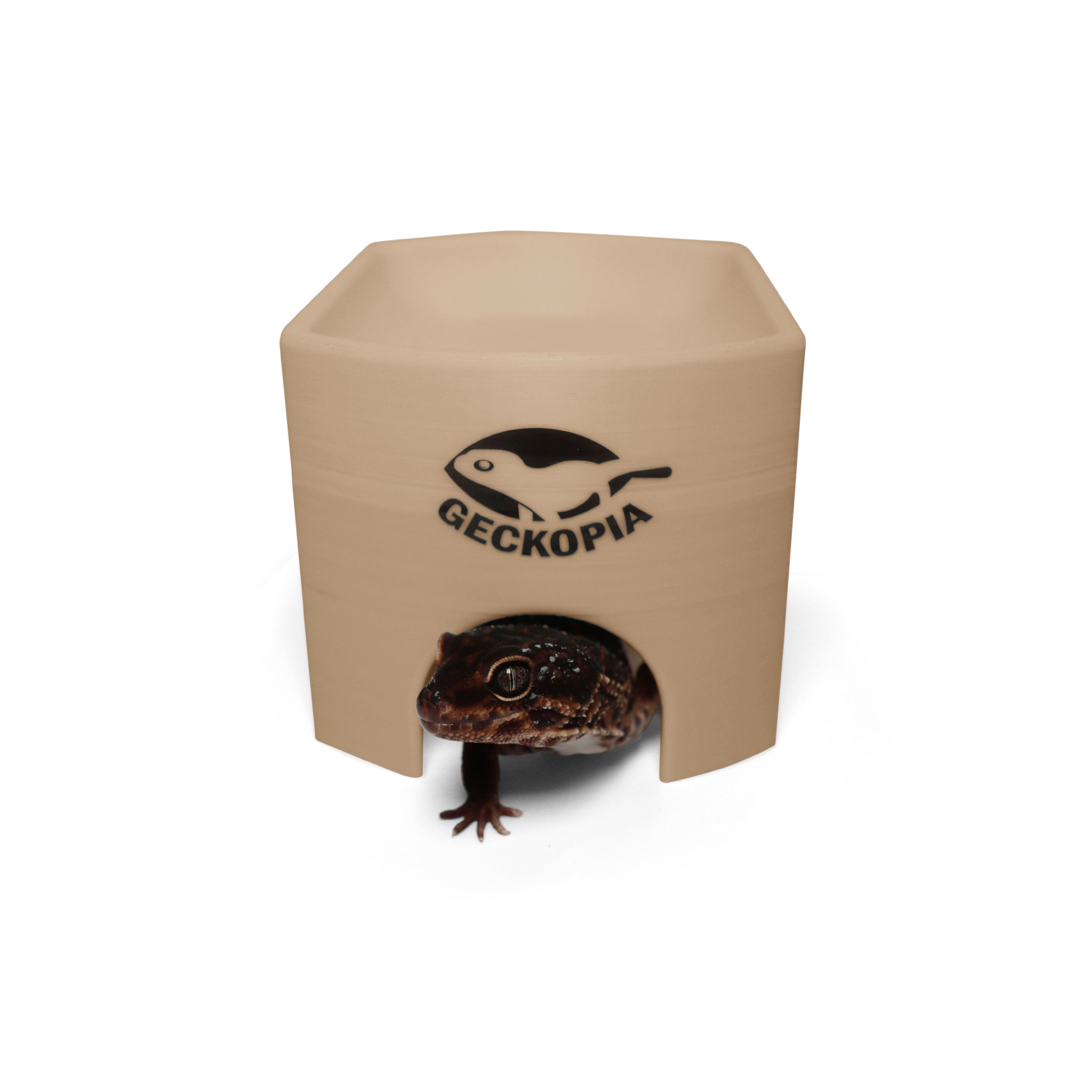
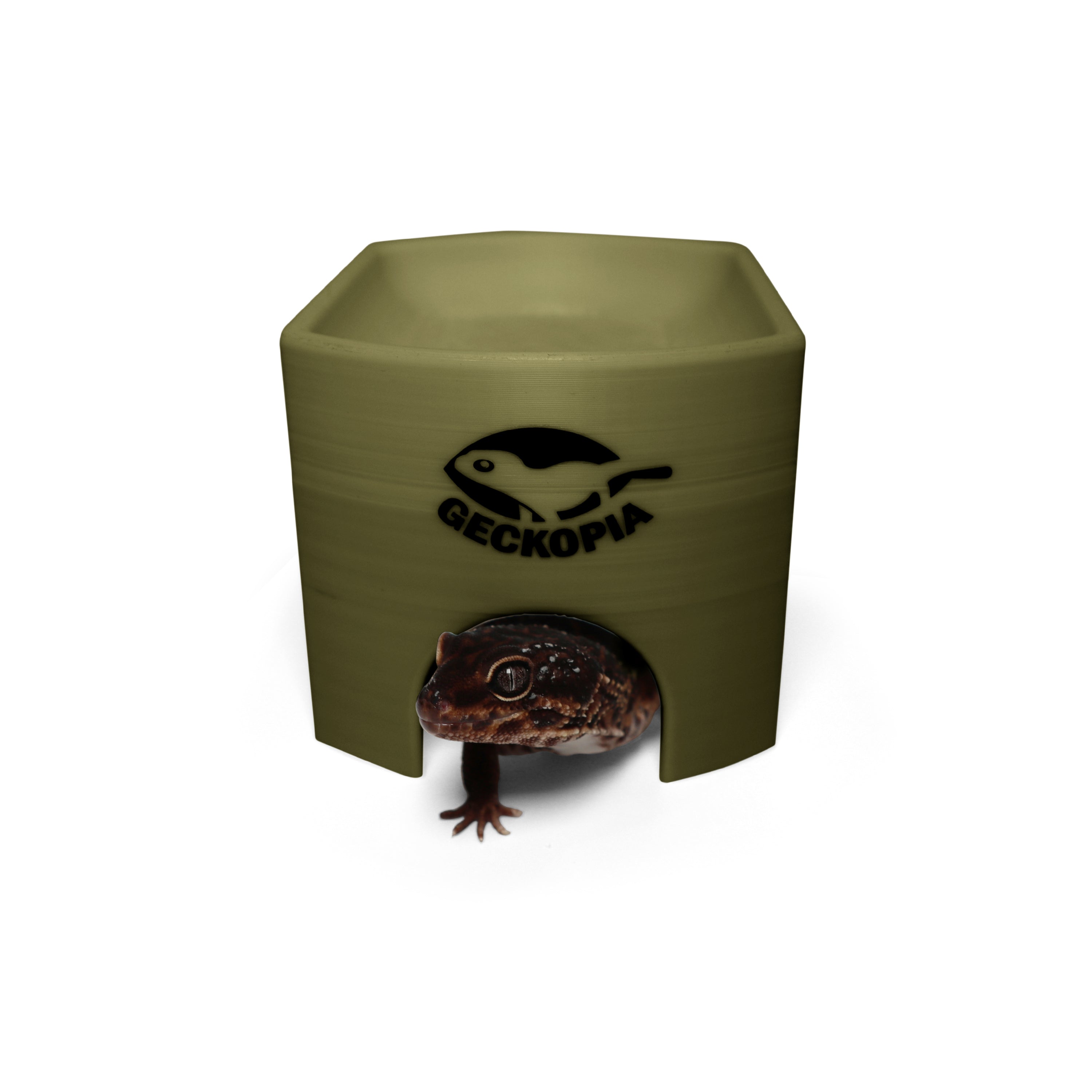
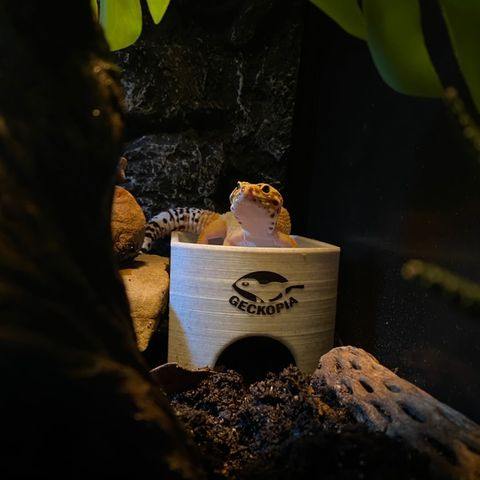
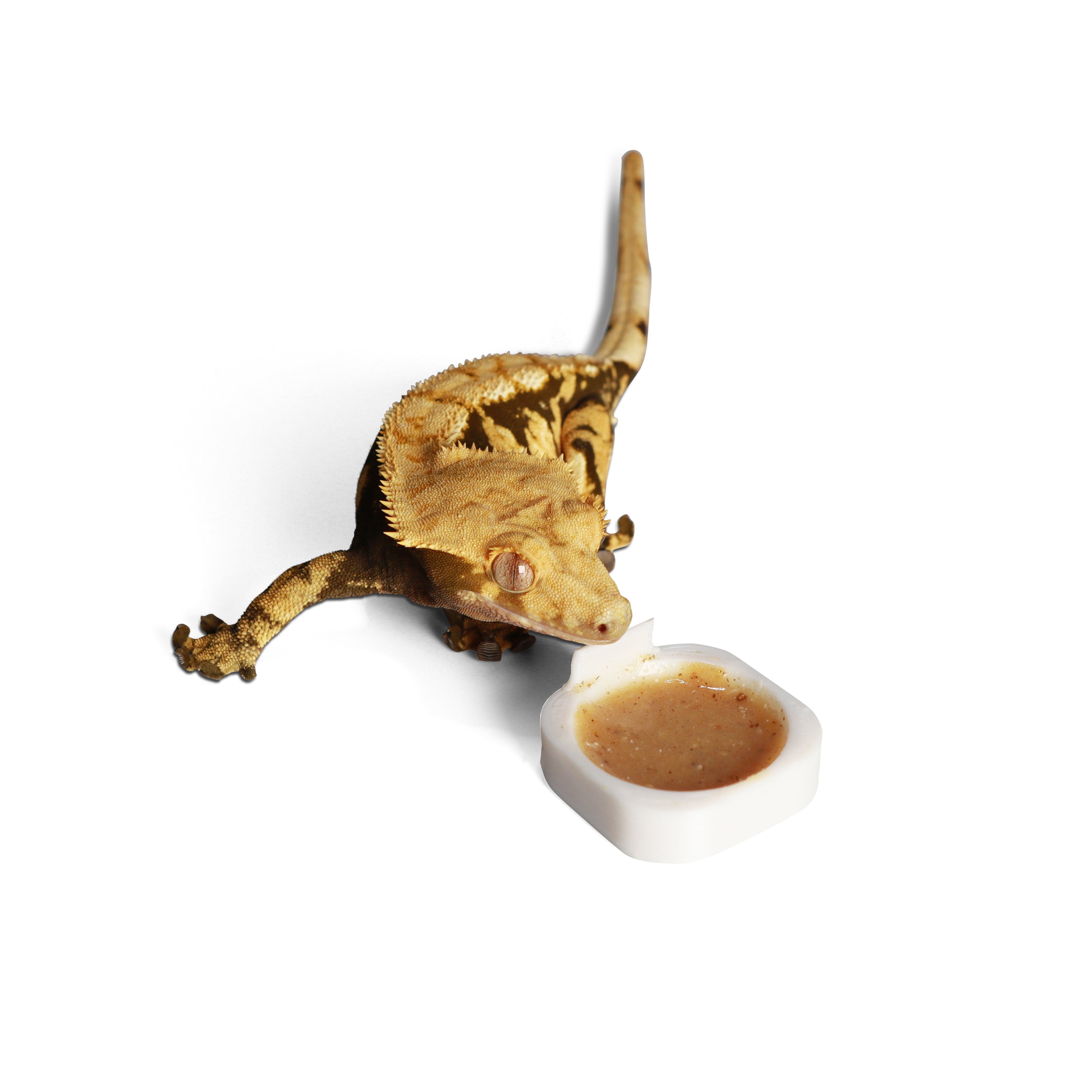
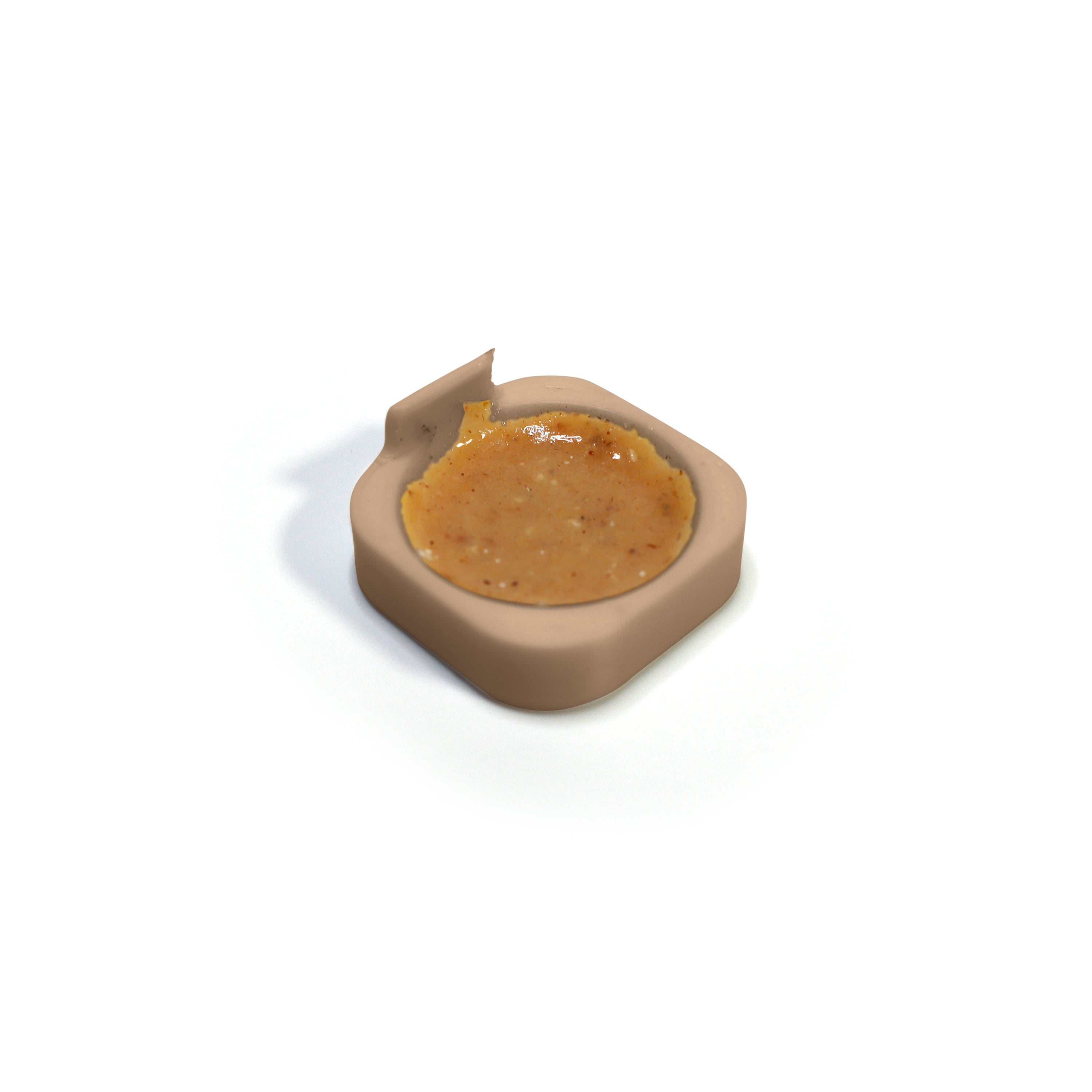
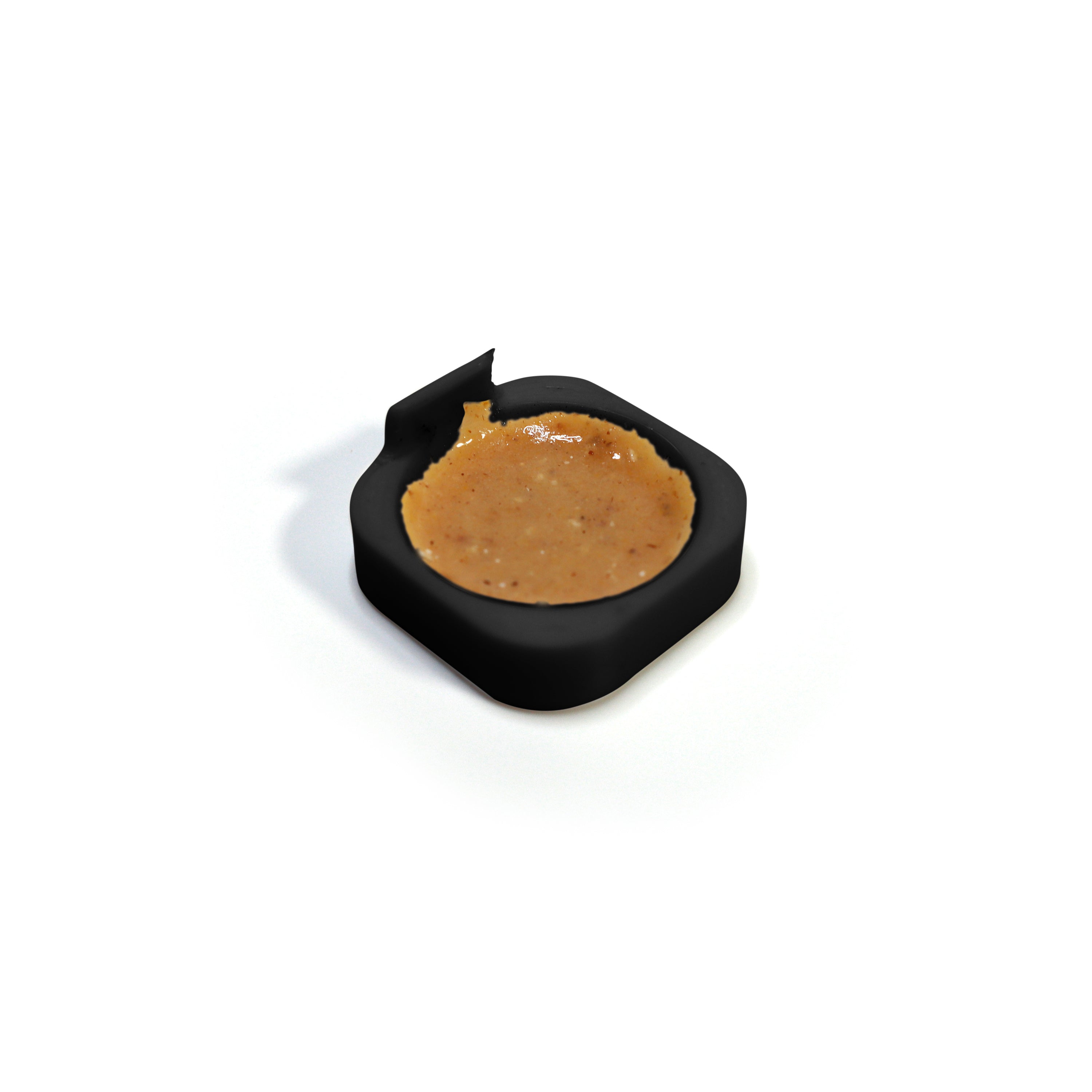
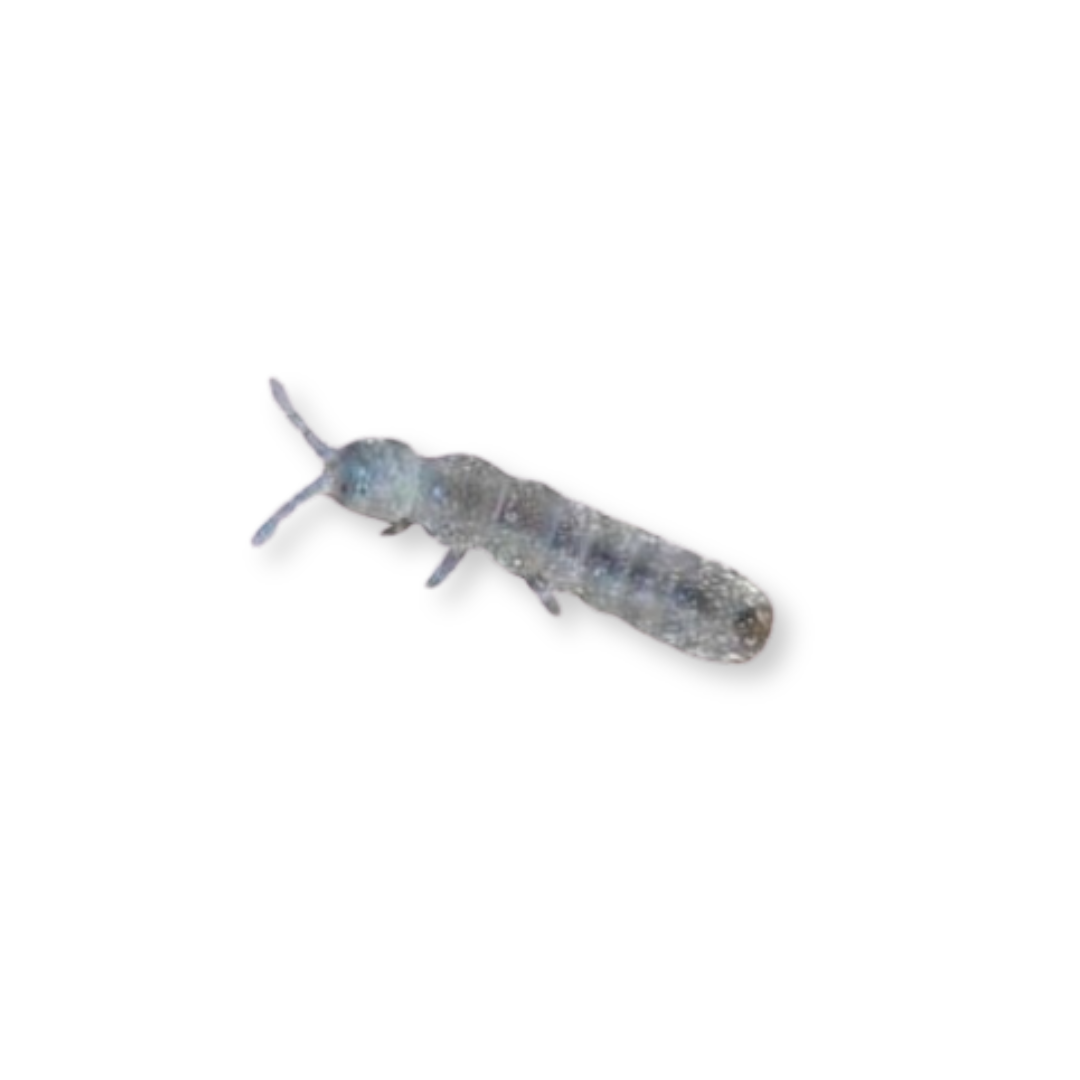
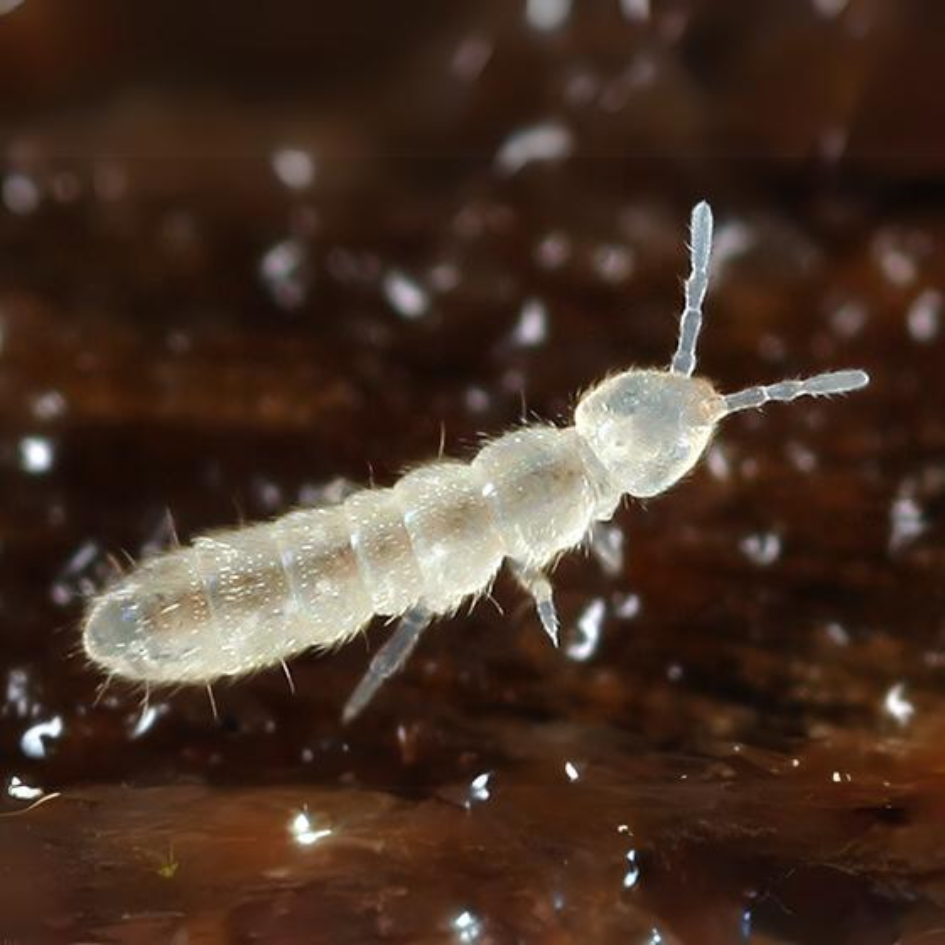
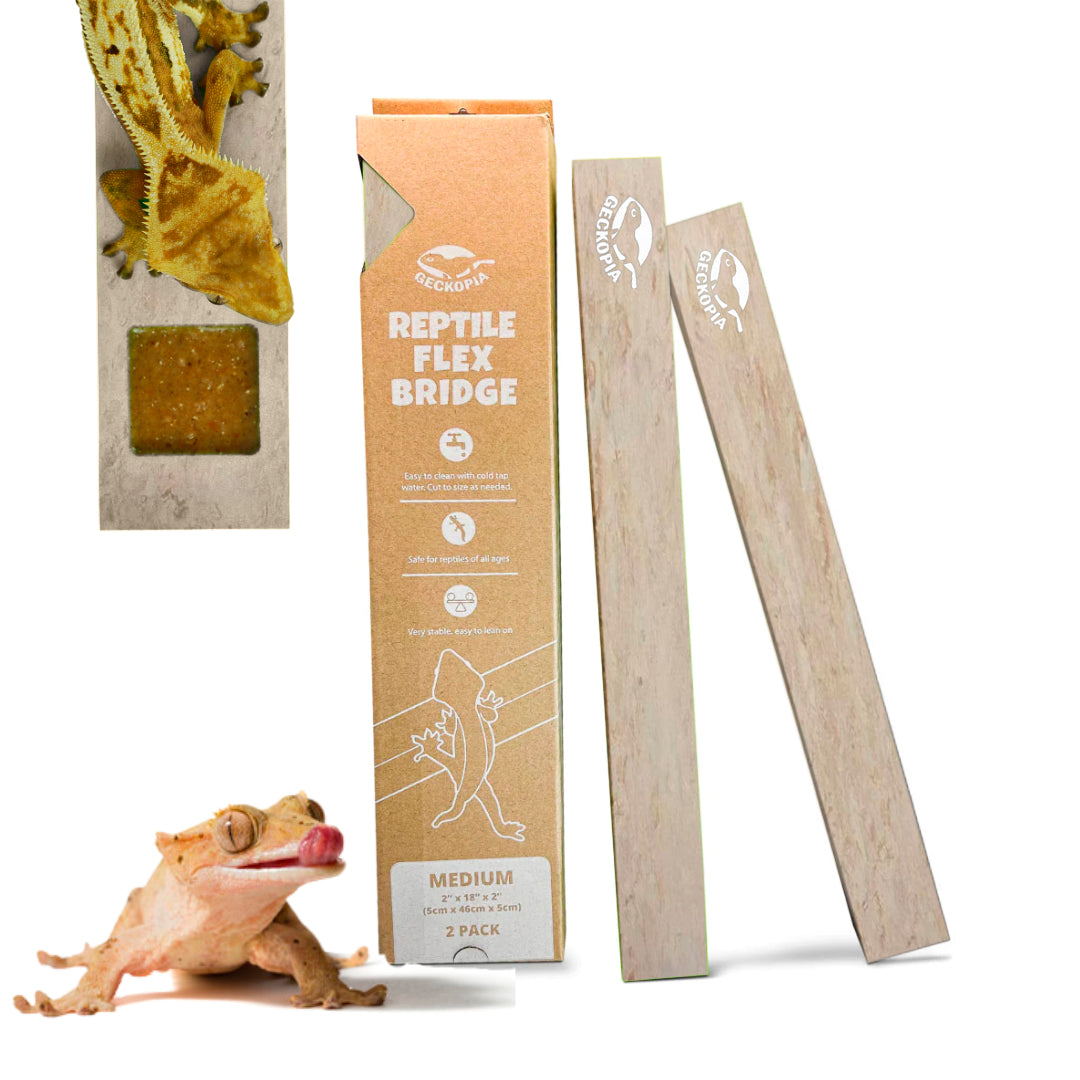

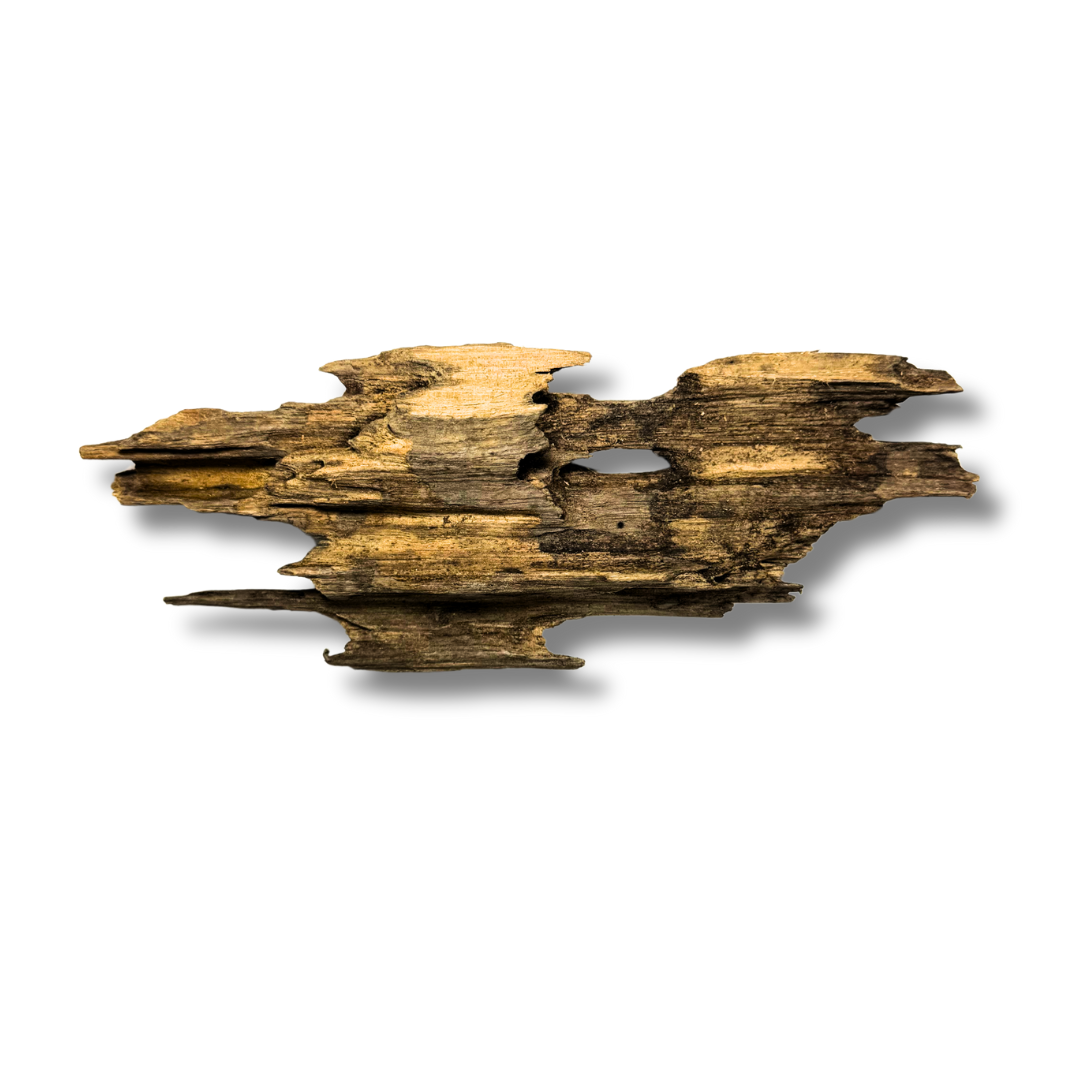
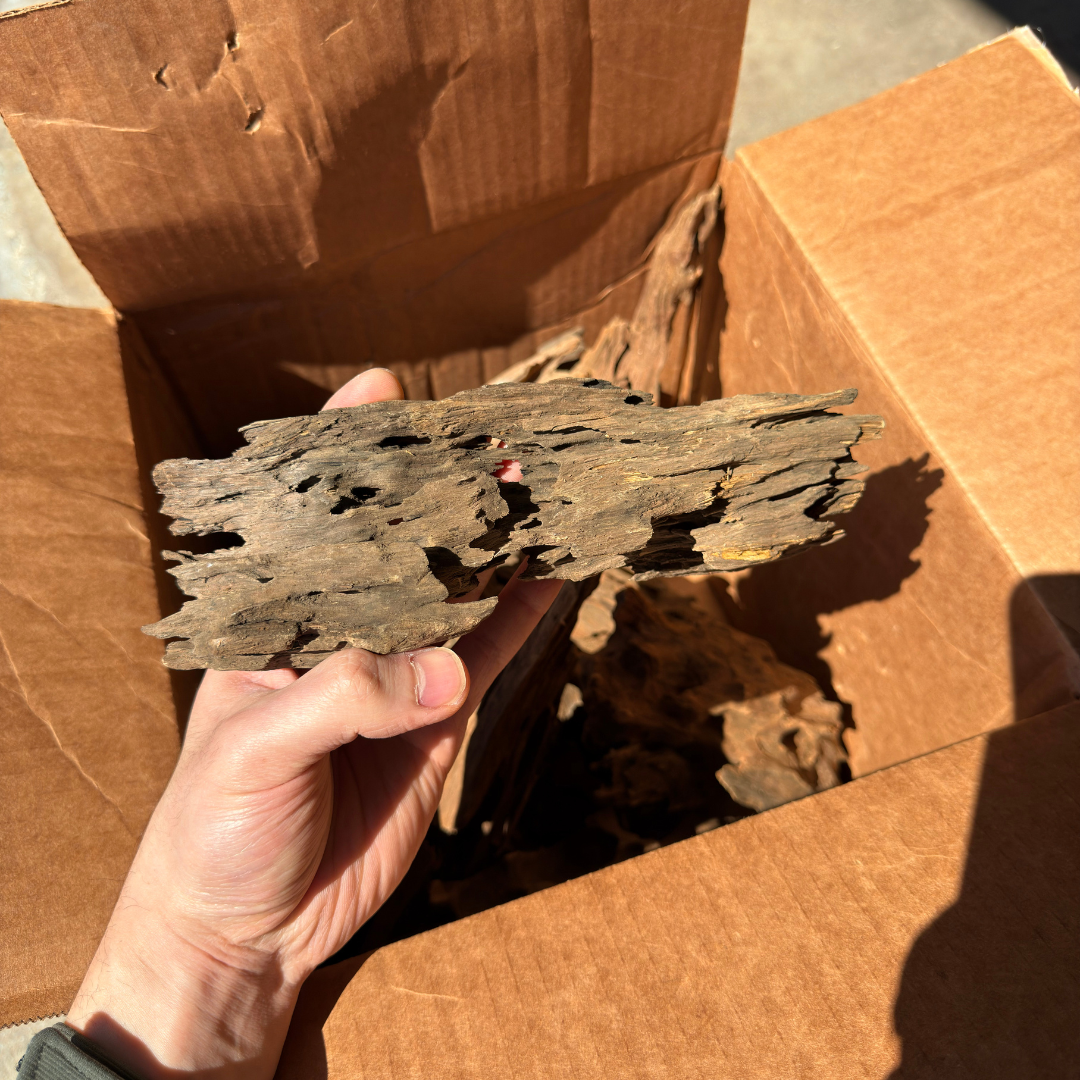
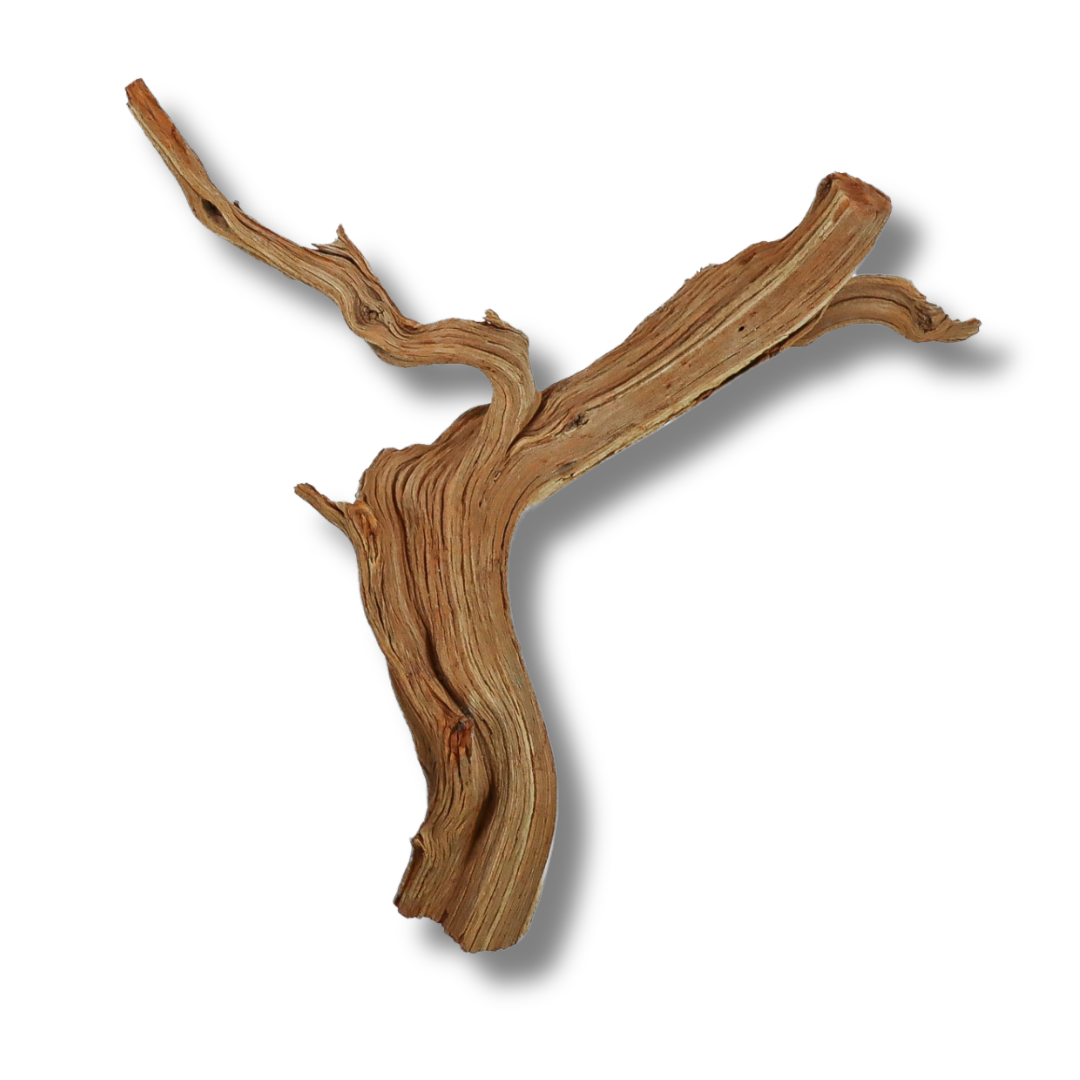
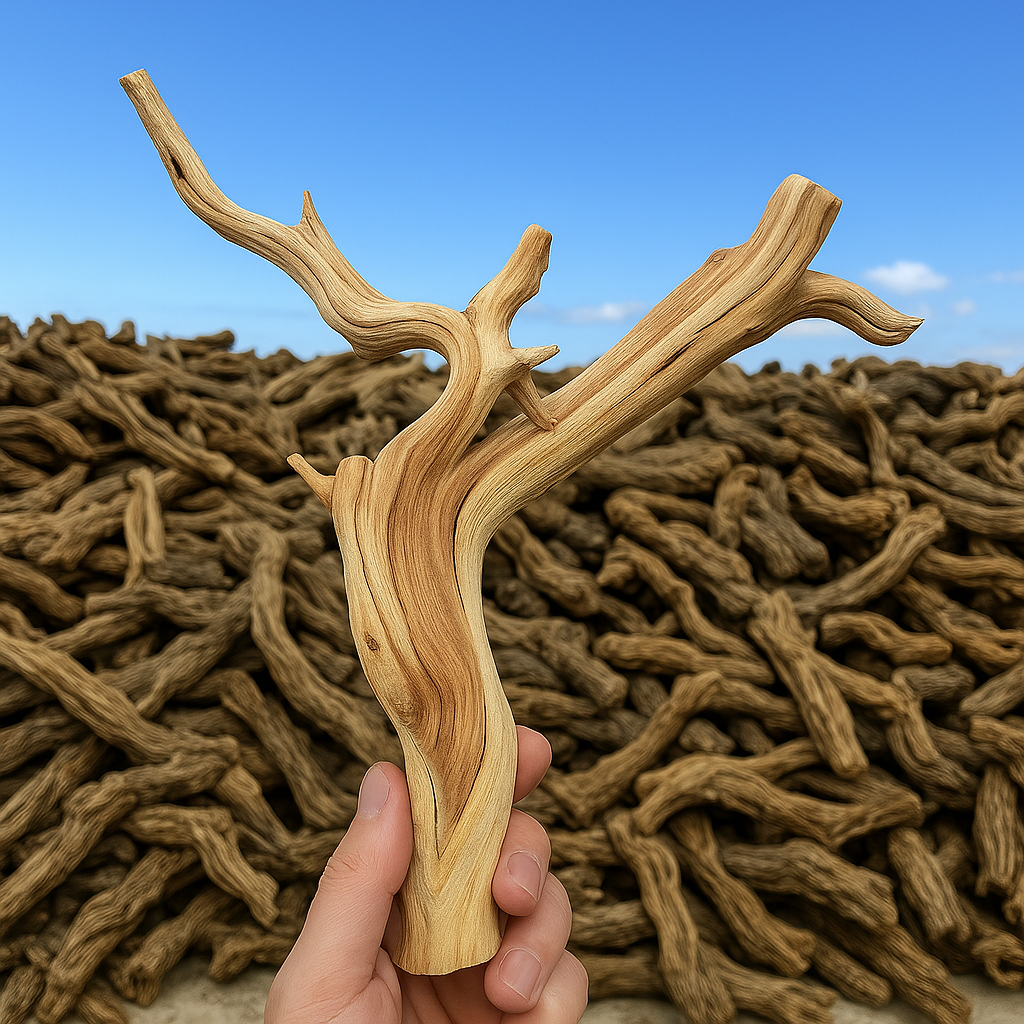
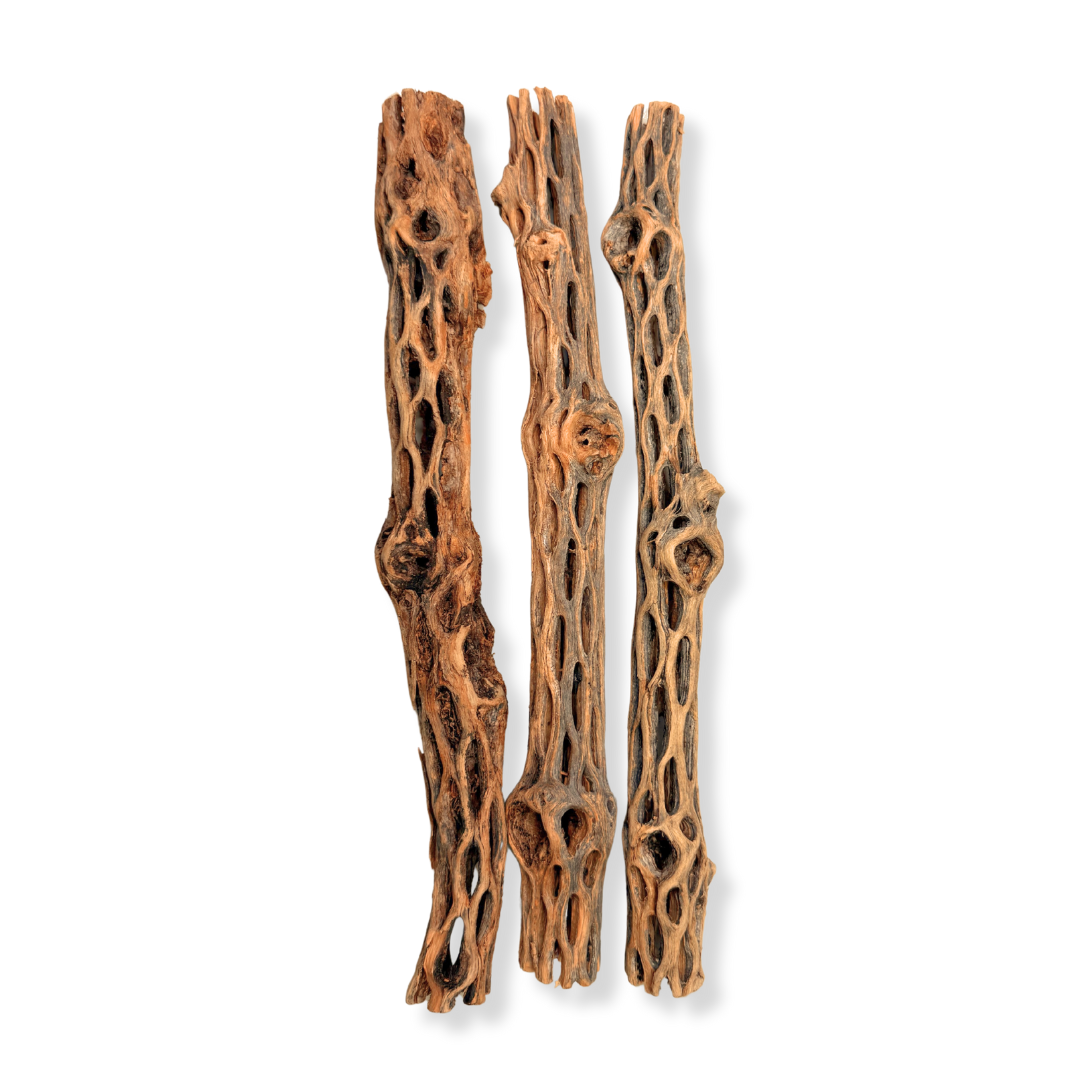
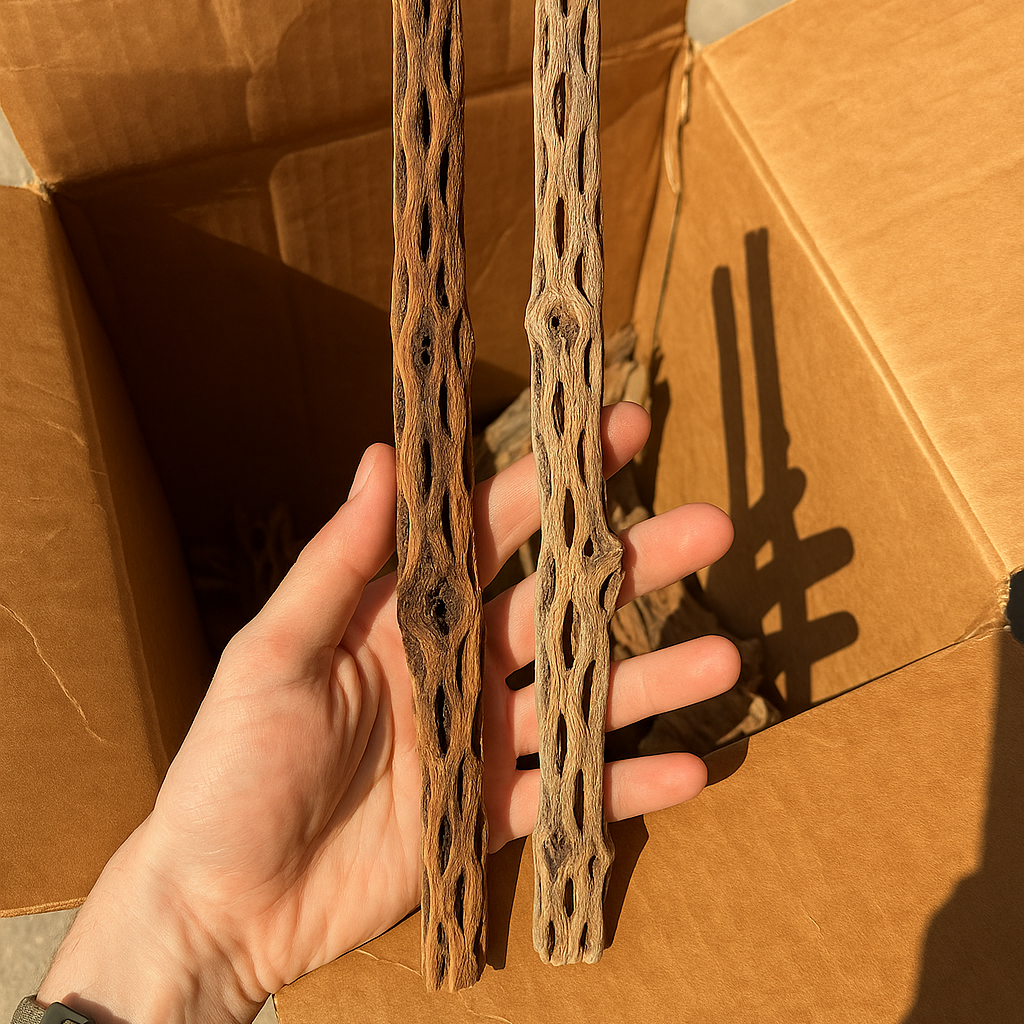
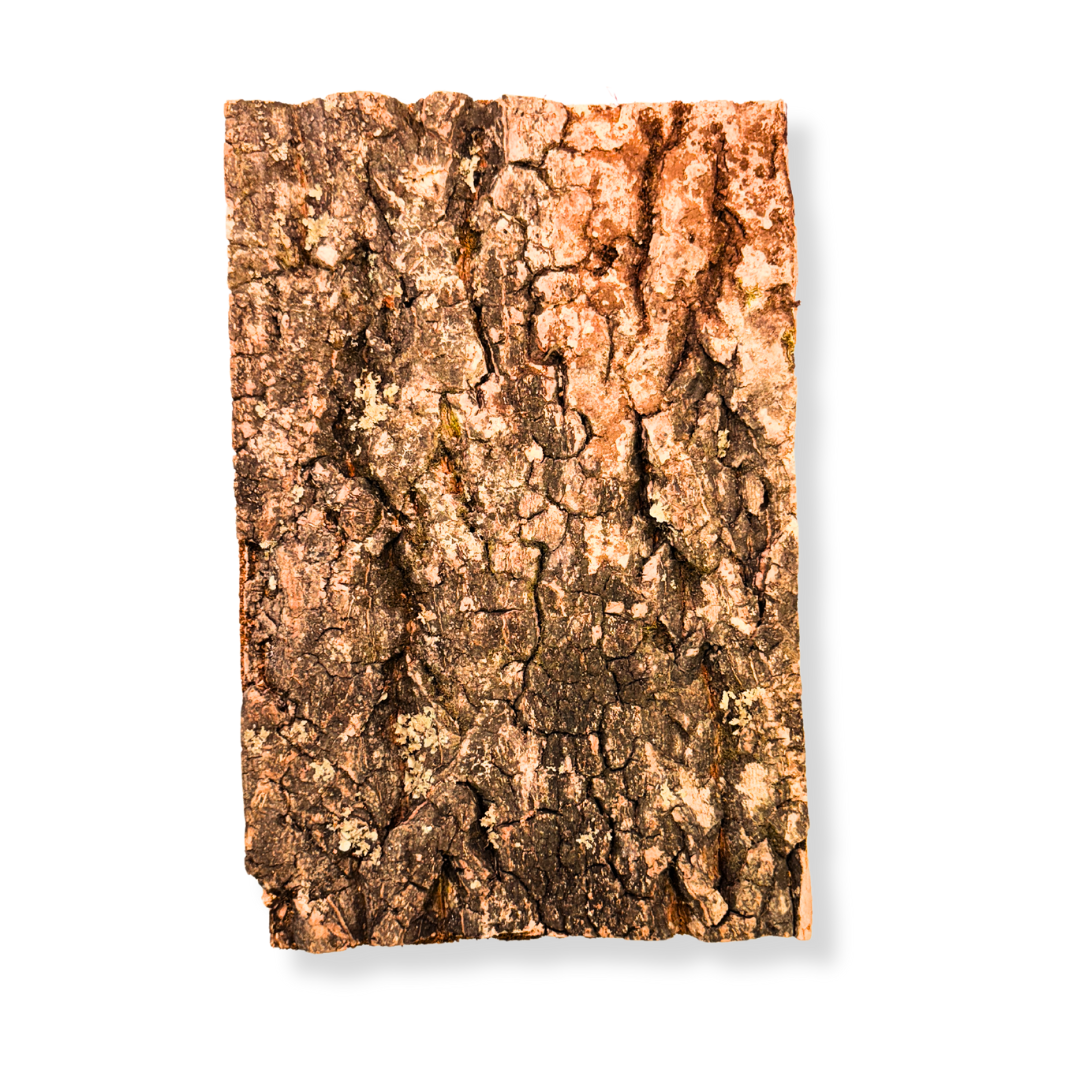
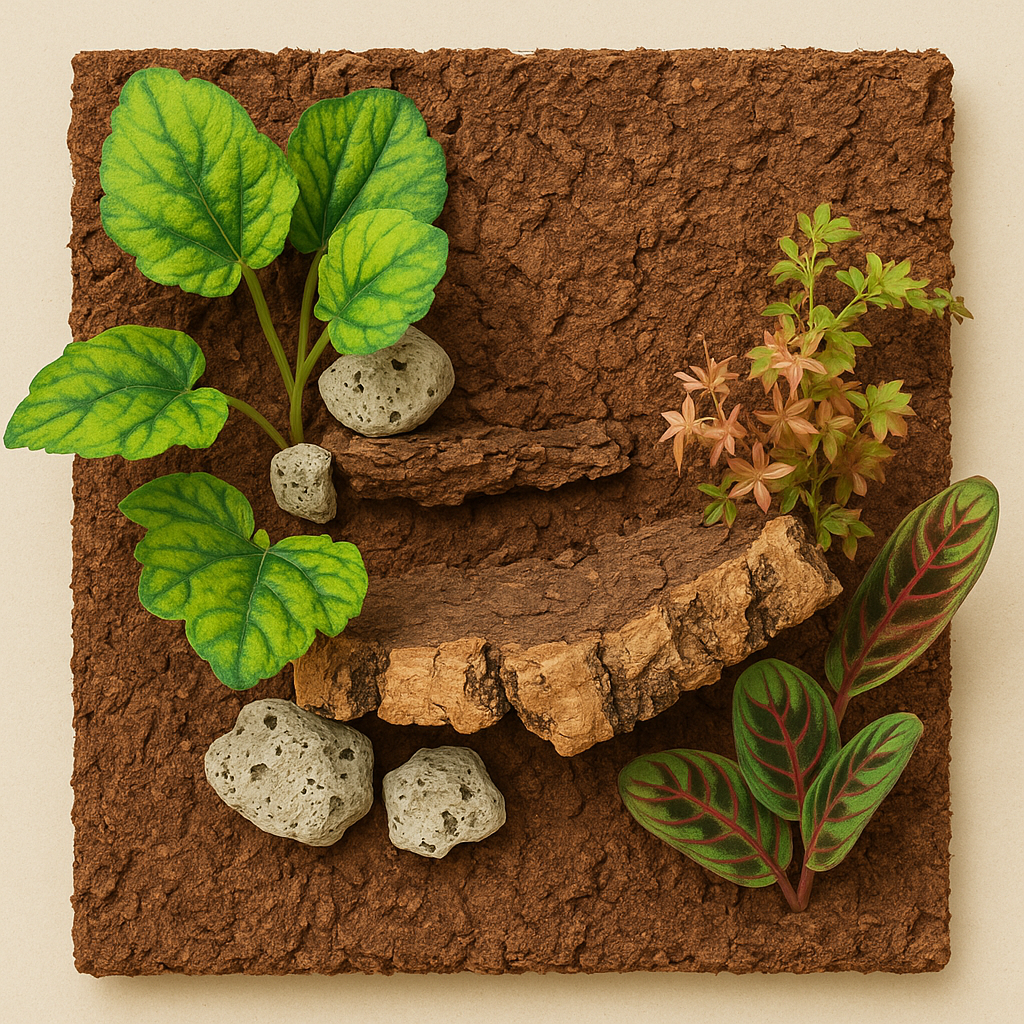
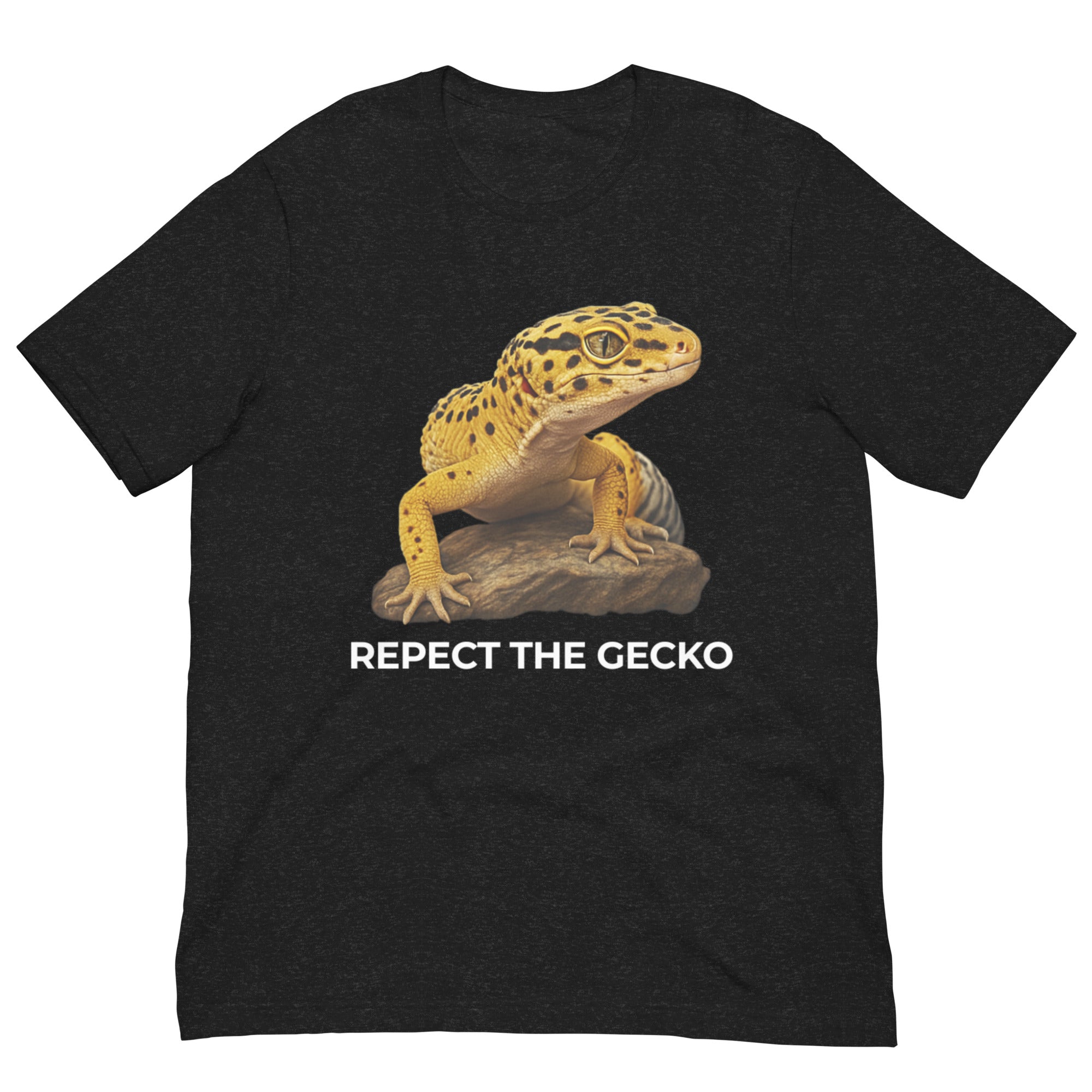
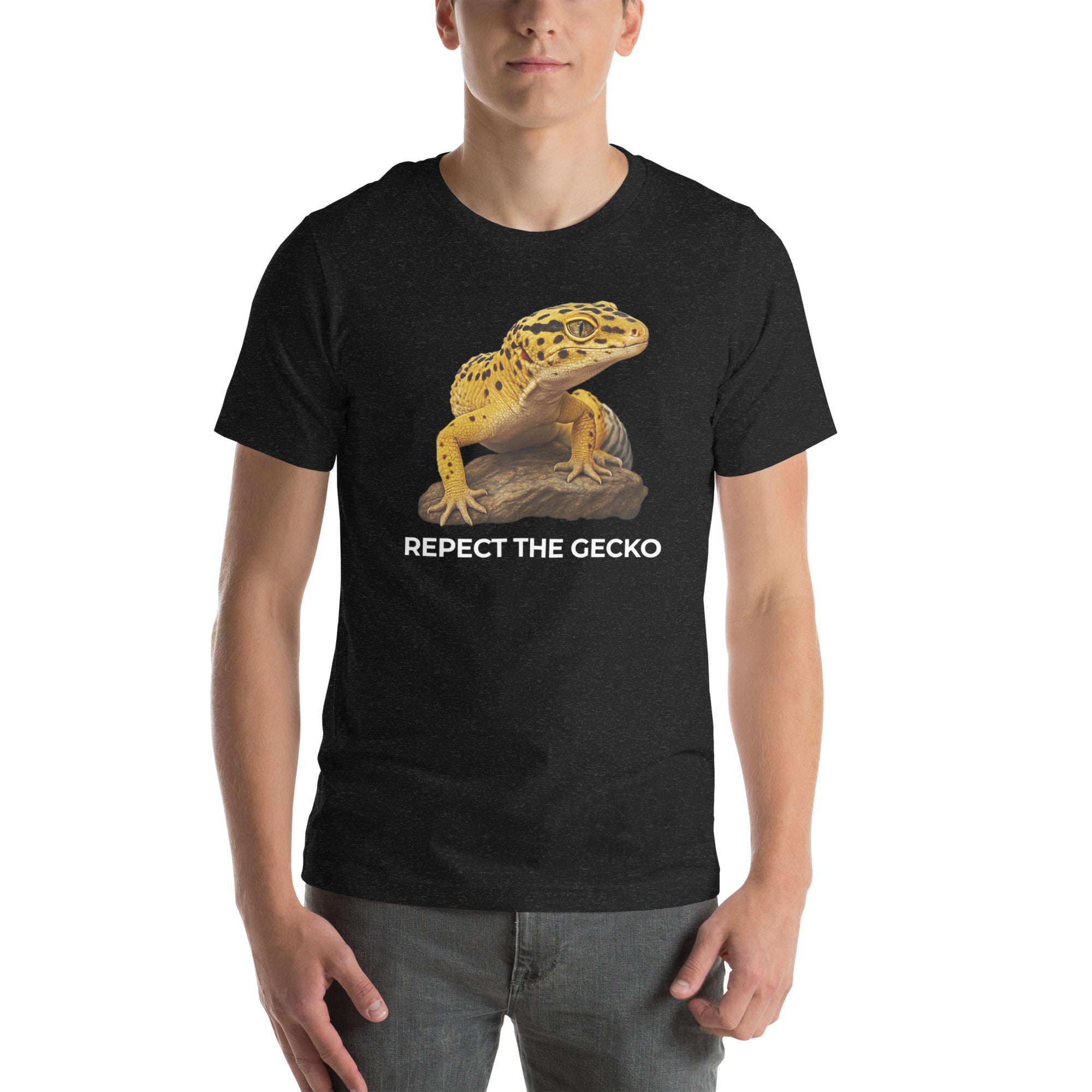
Leave a comment